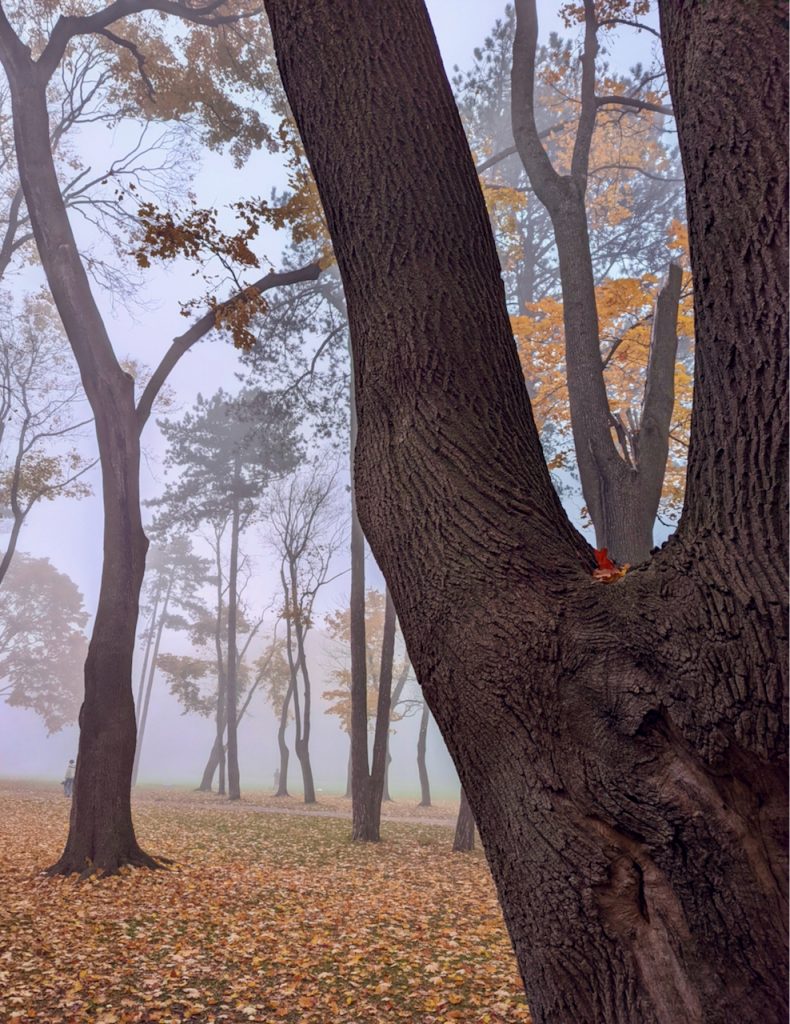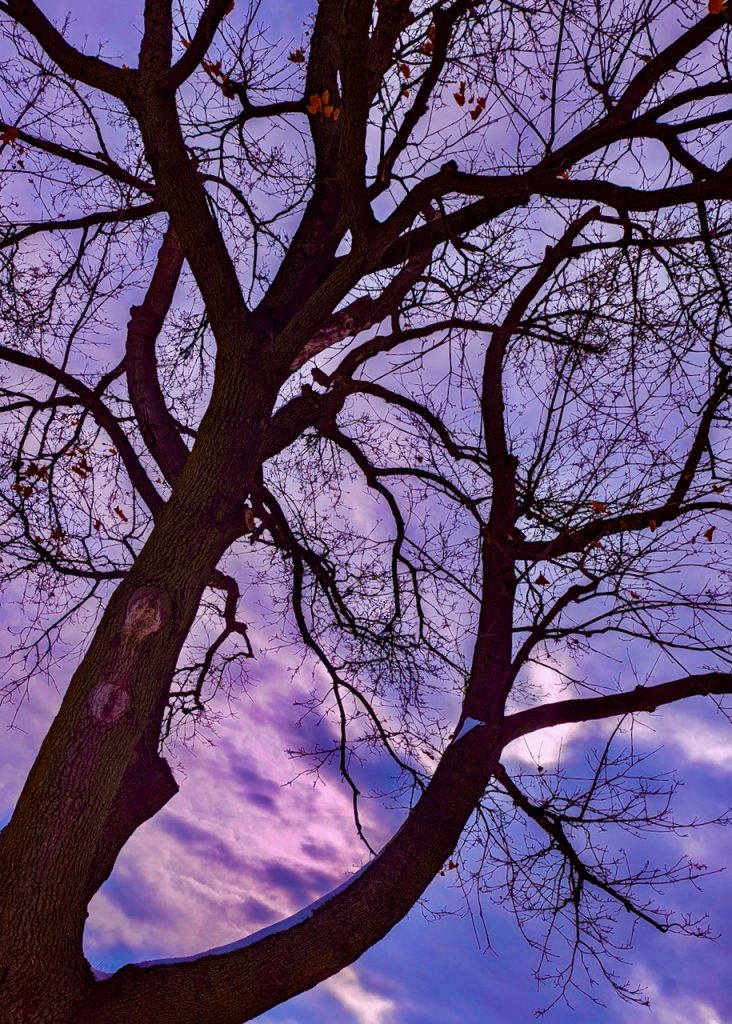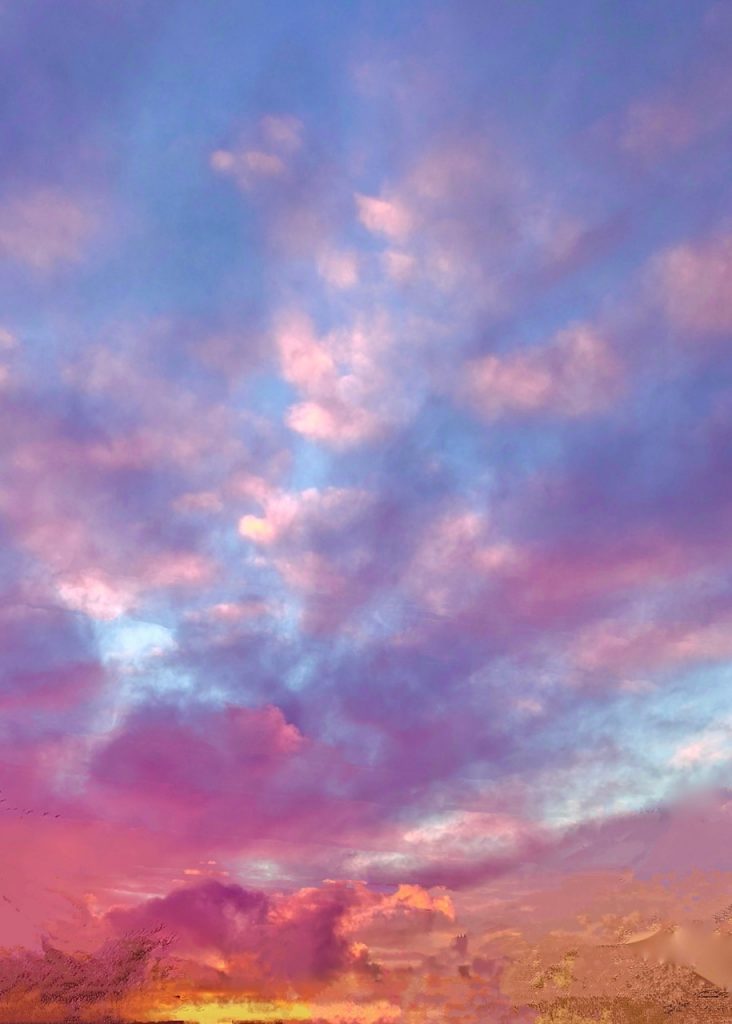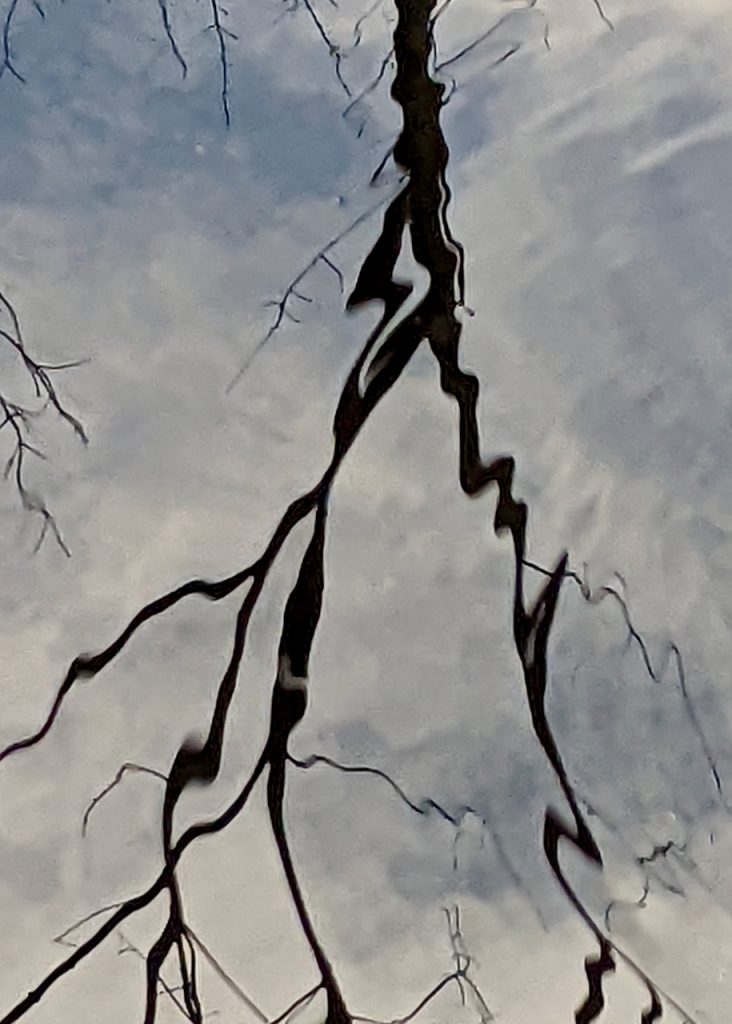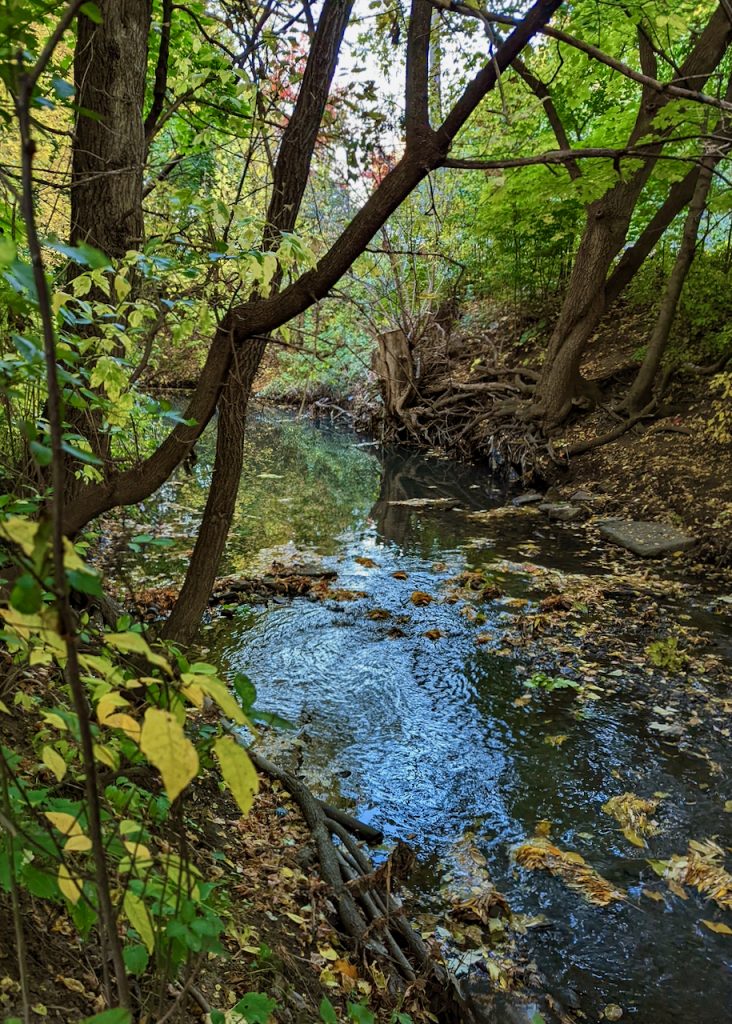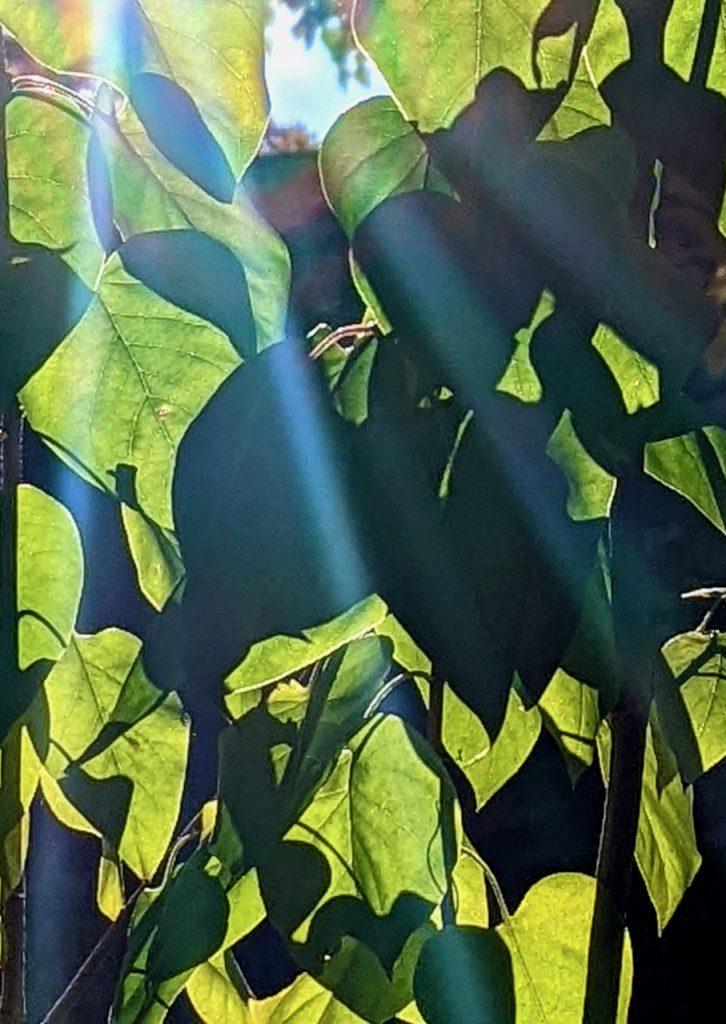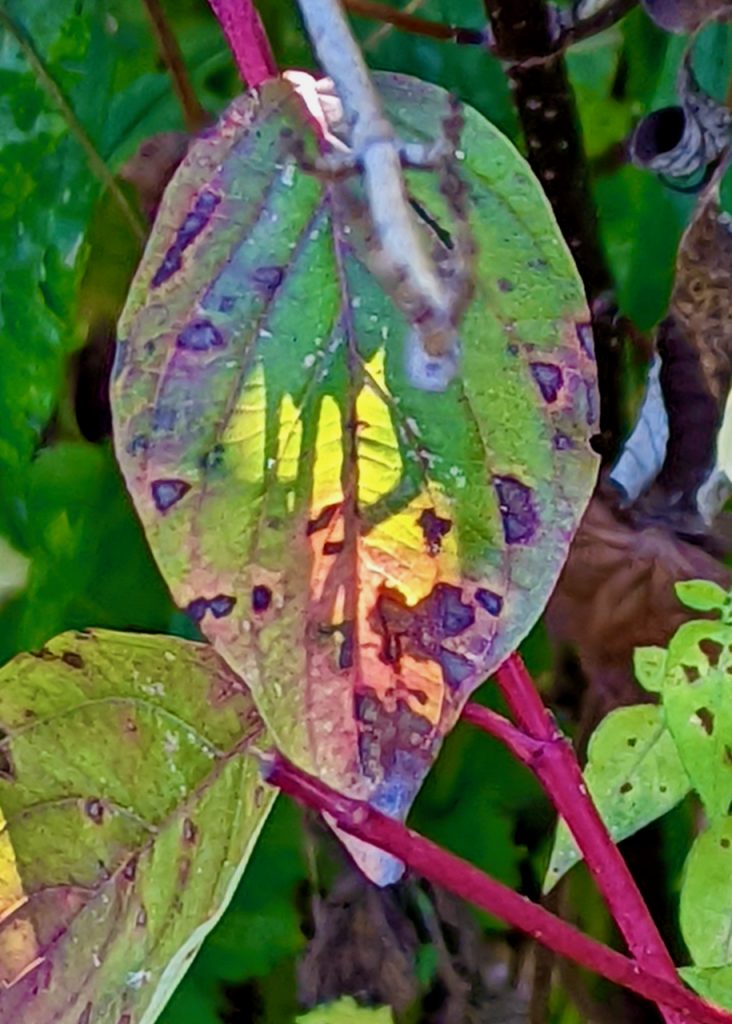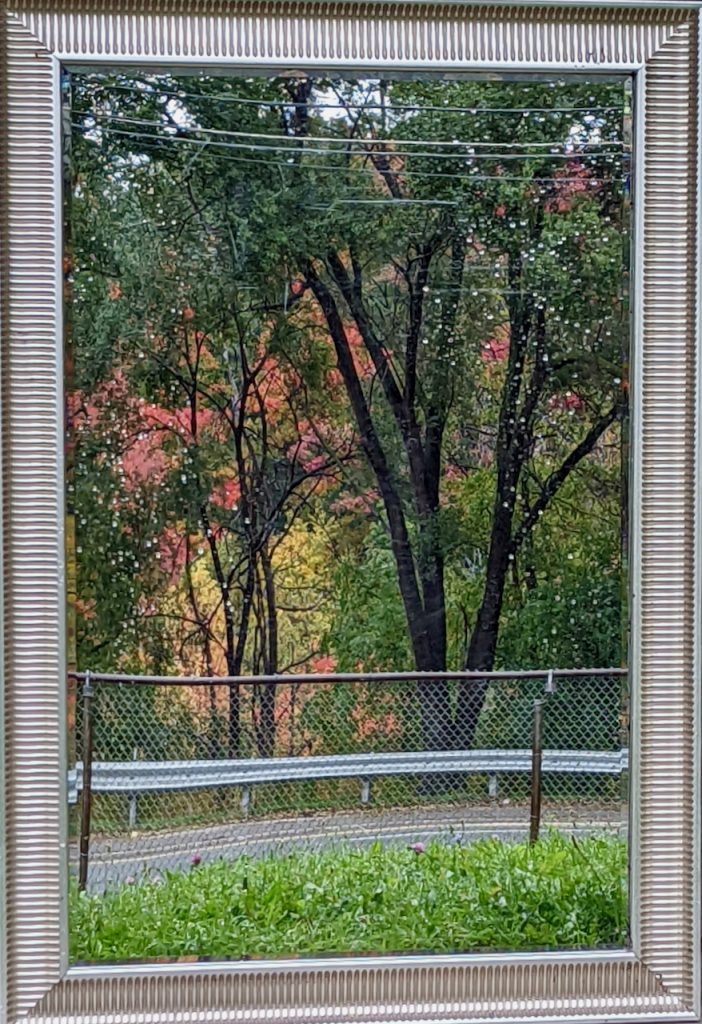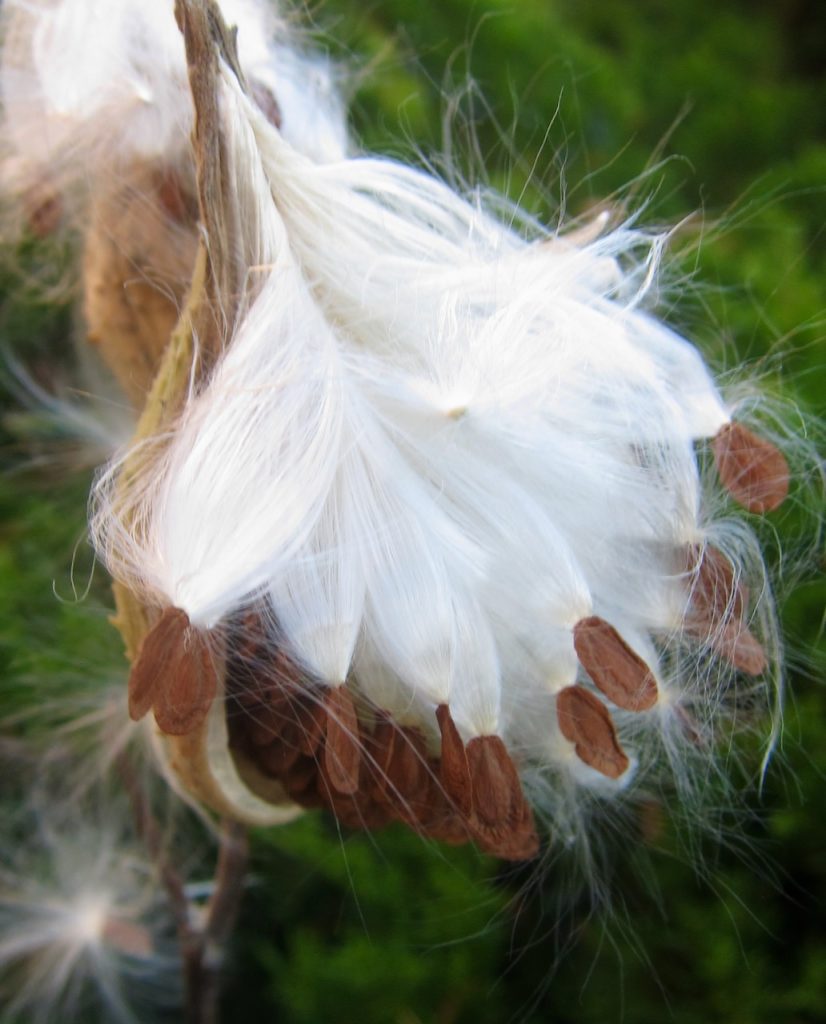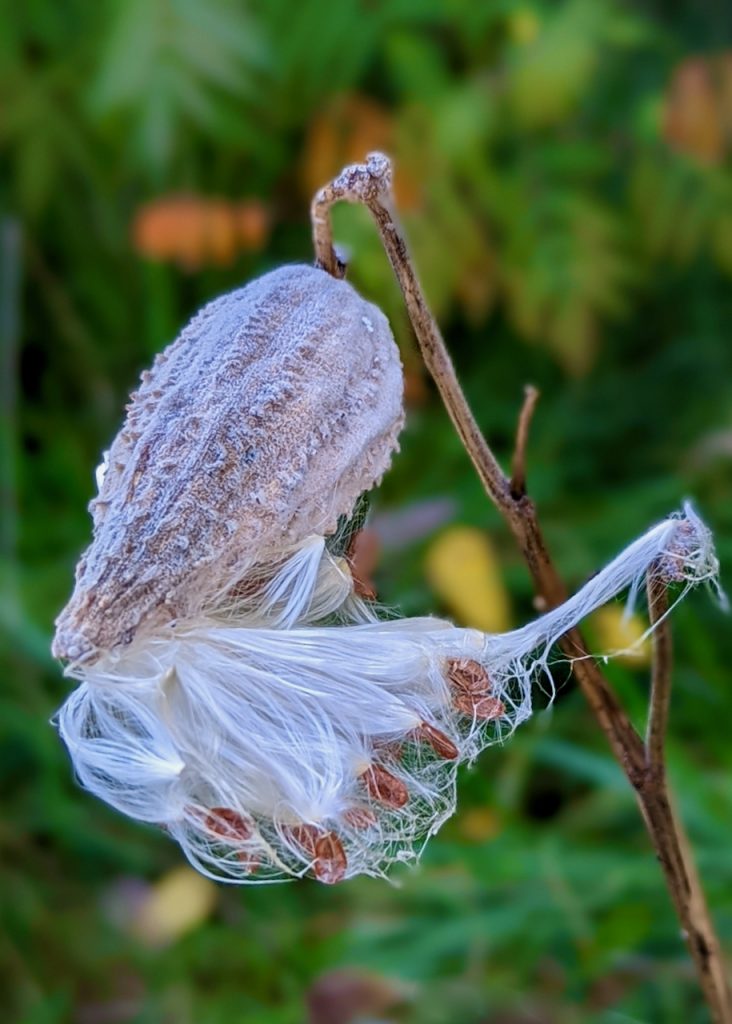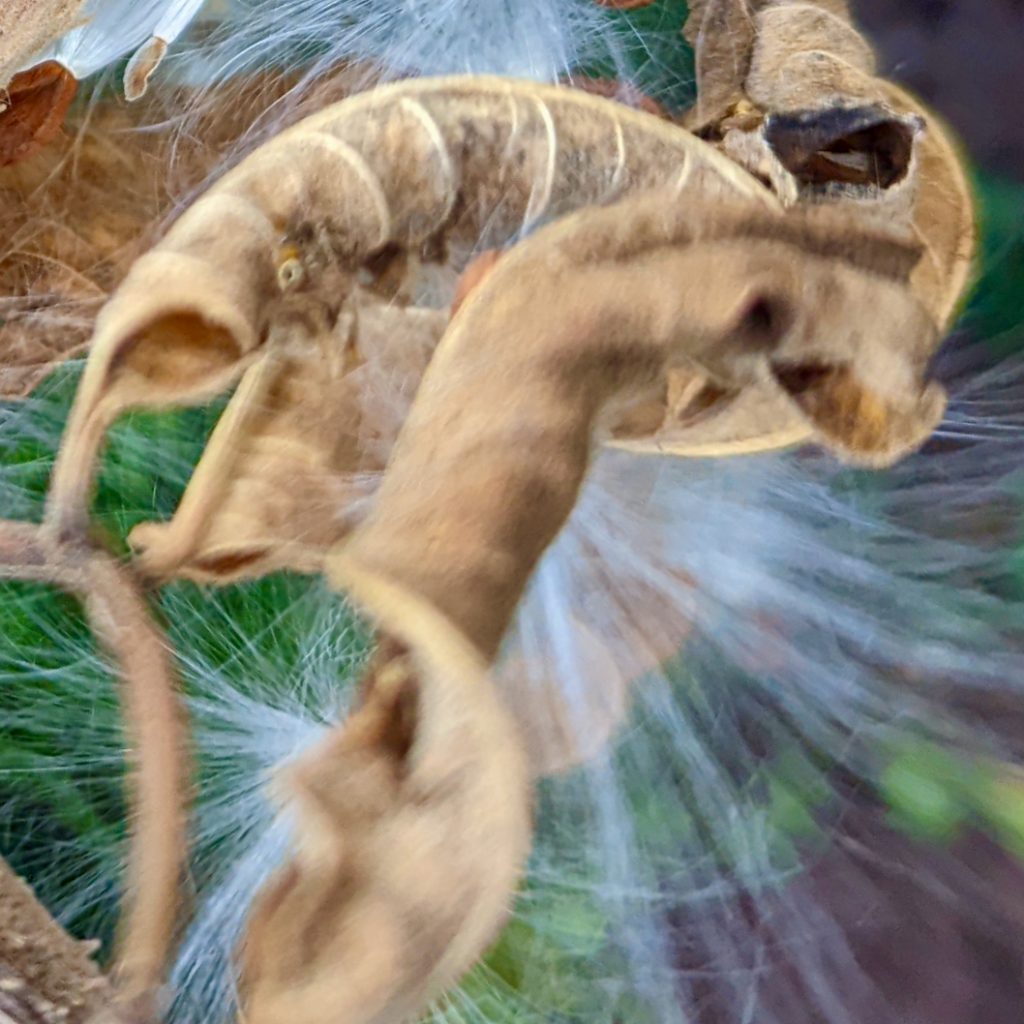














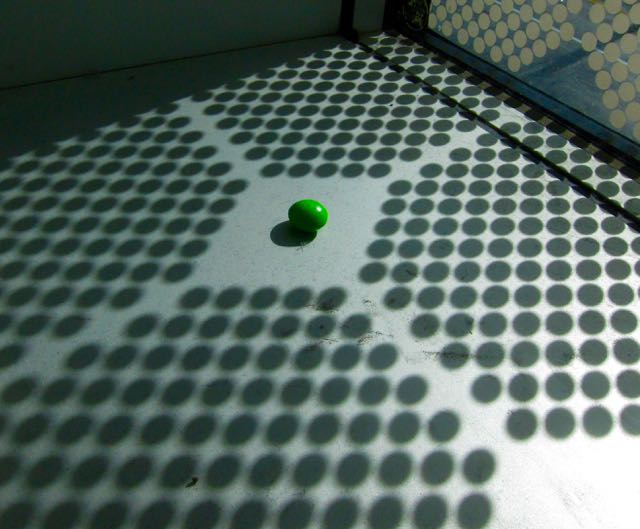
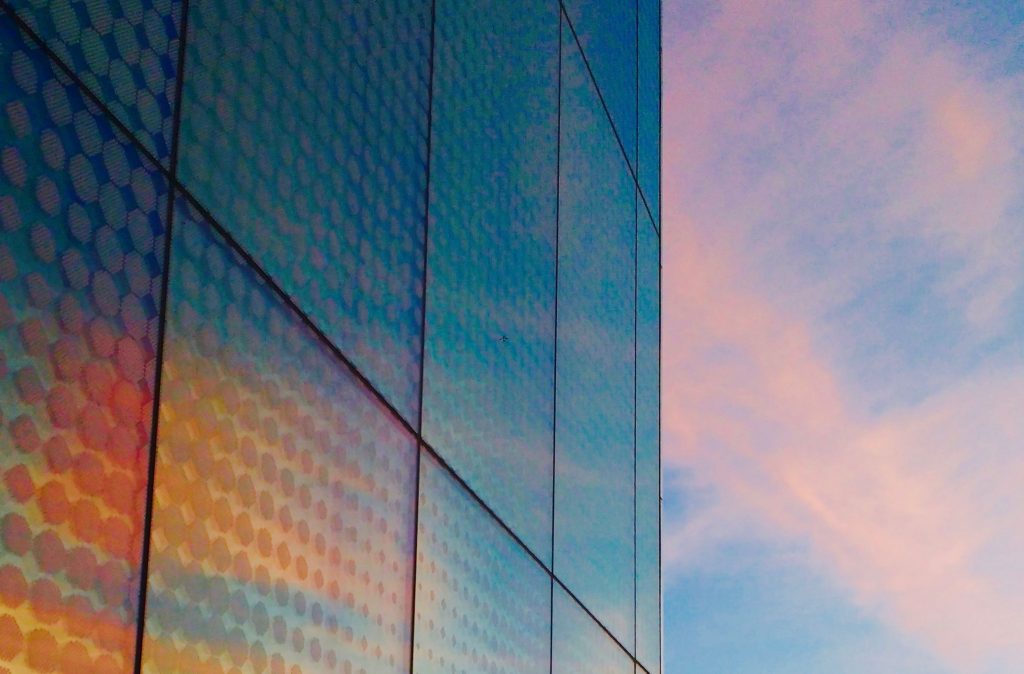
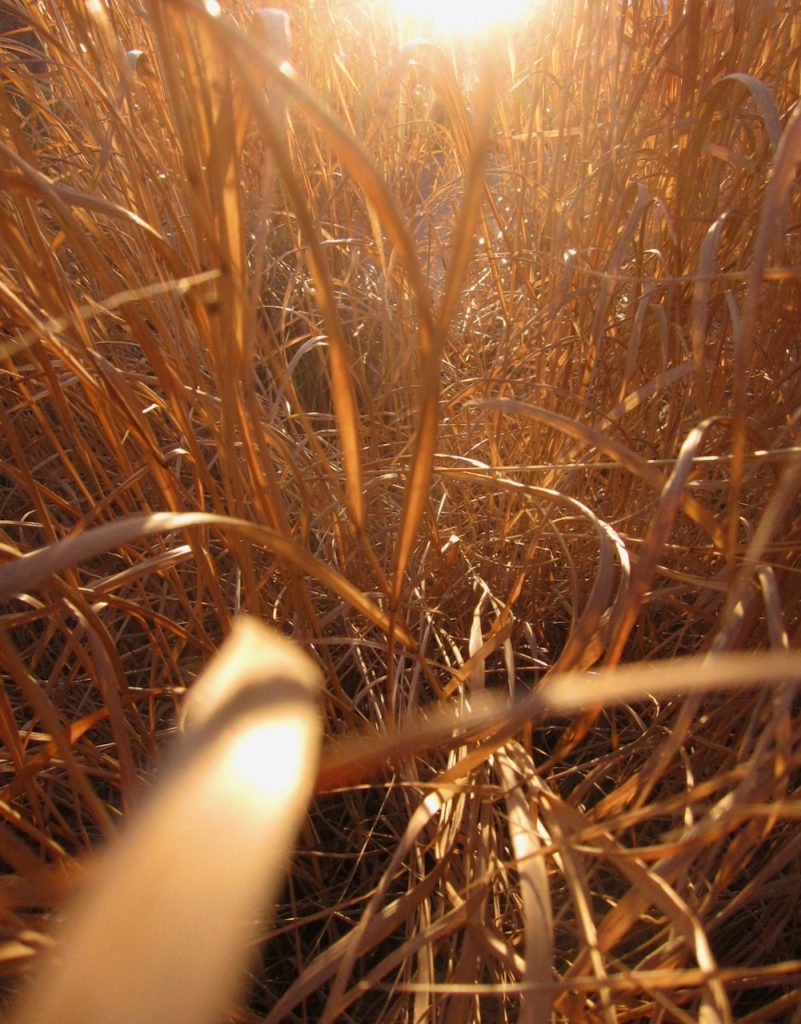
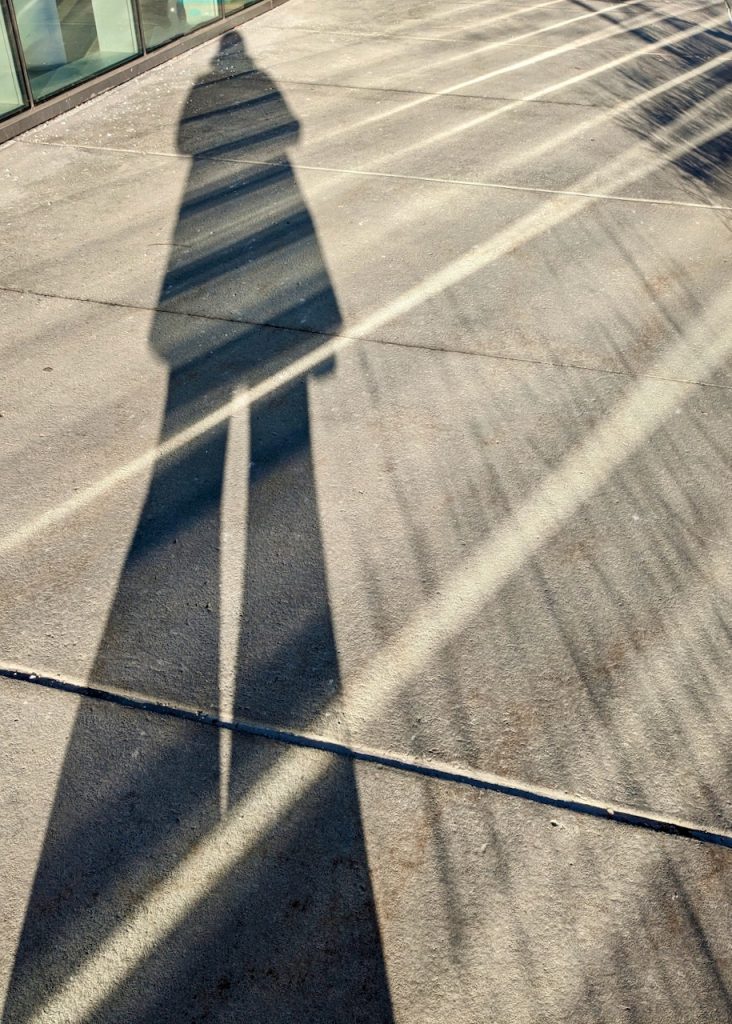
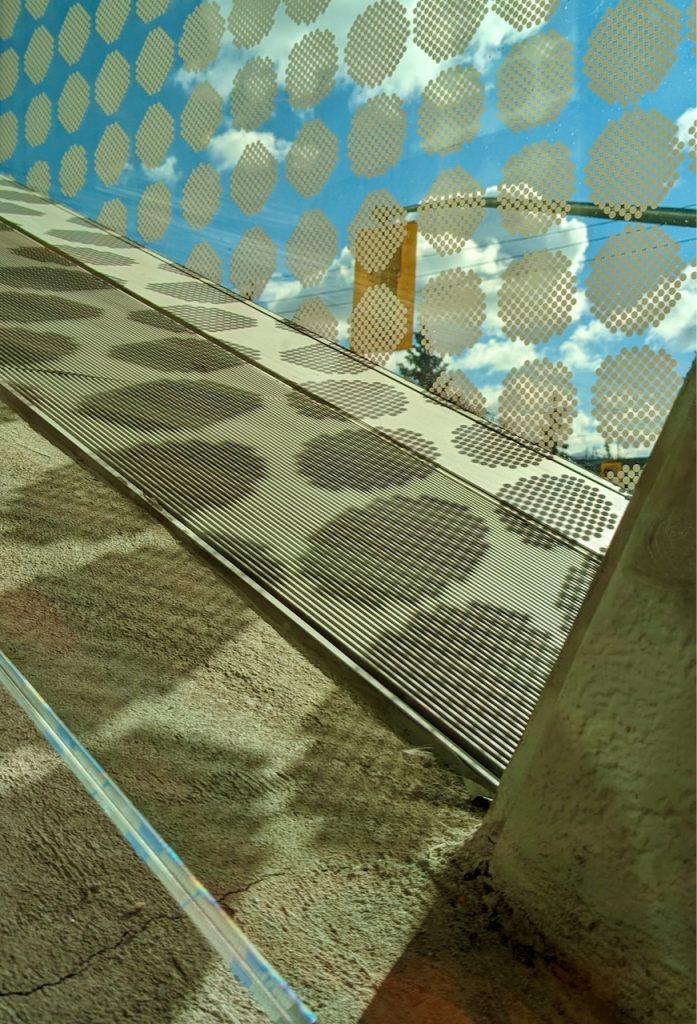
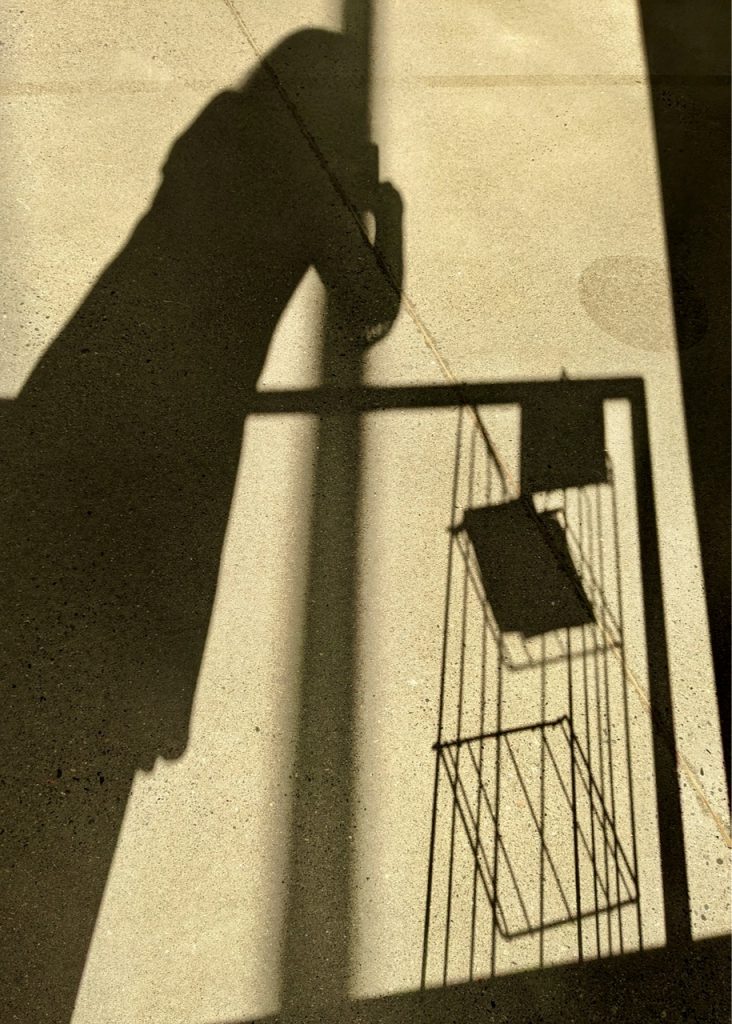
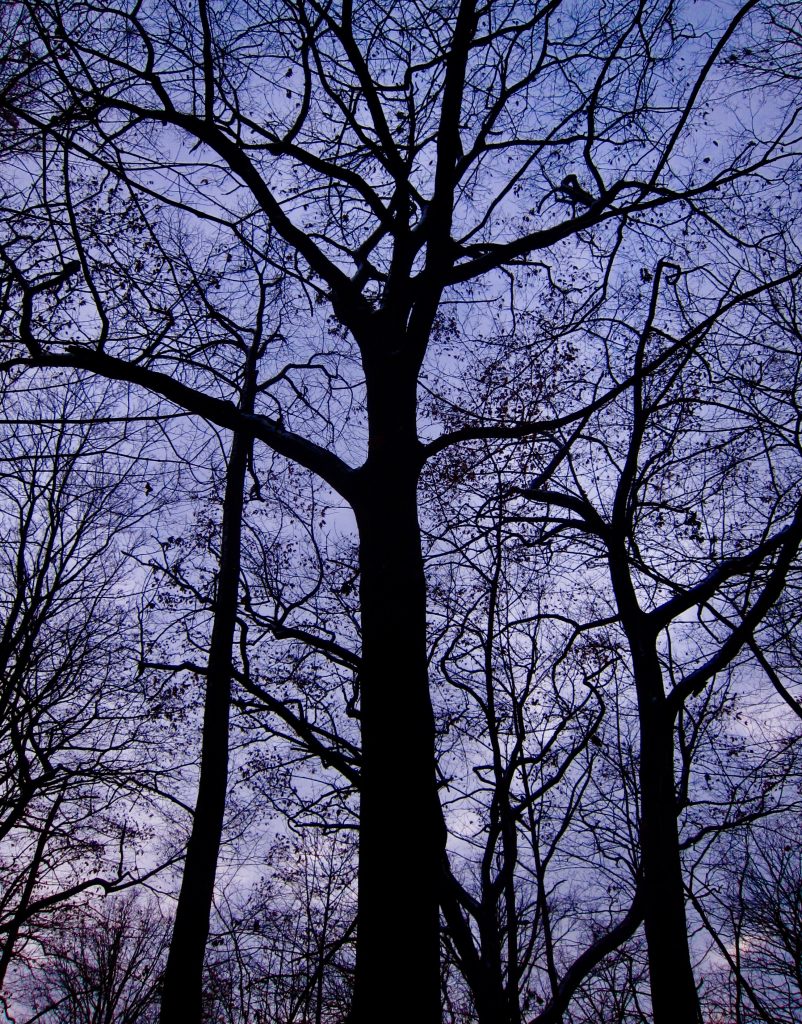
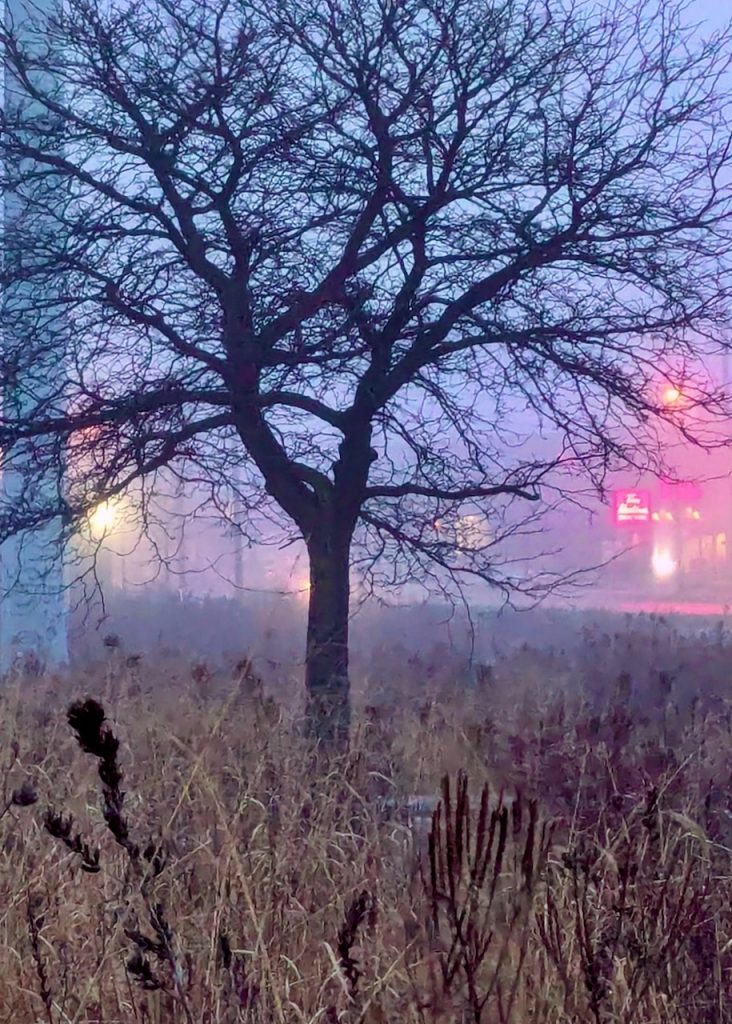

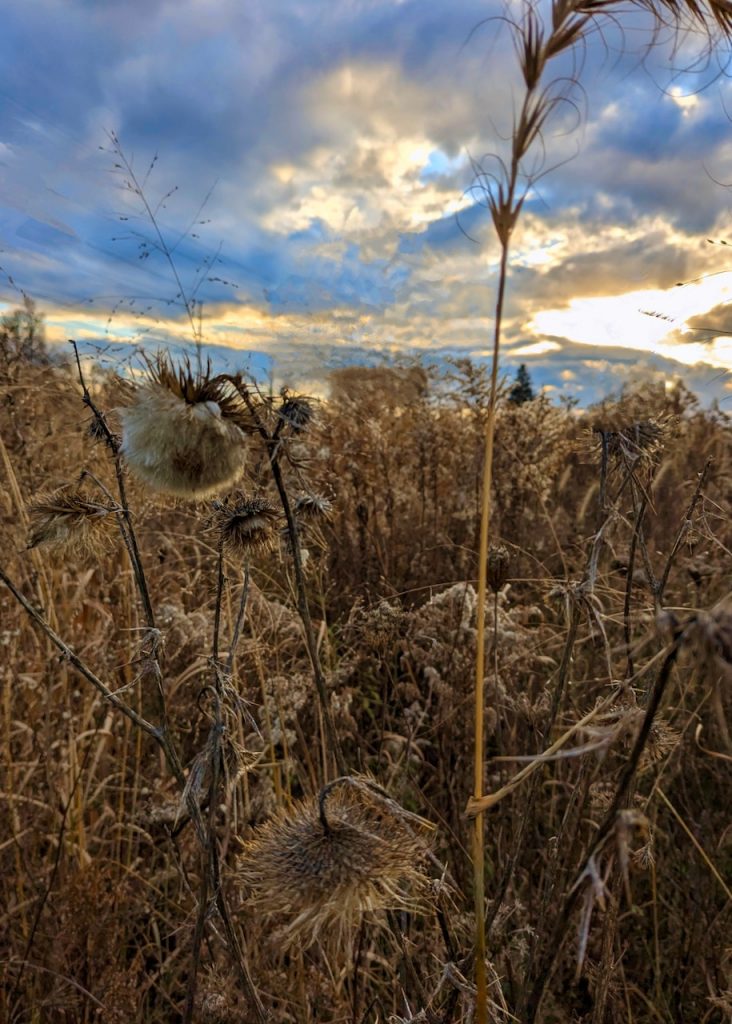
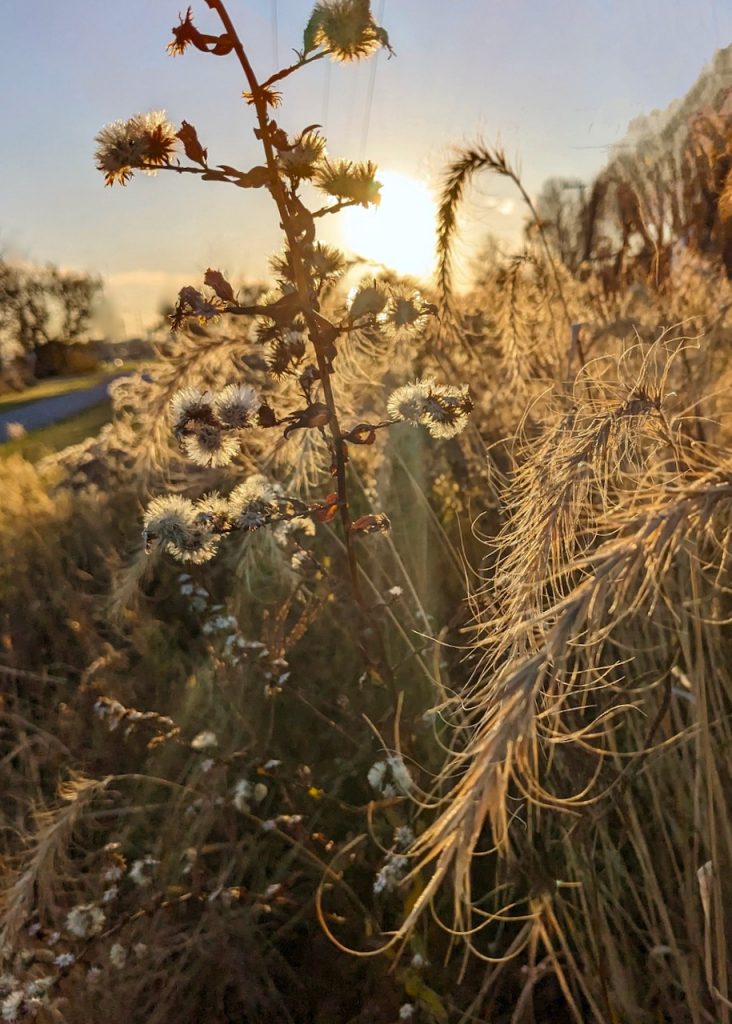
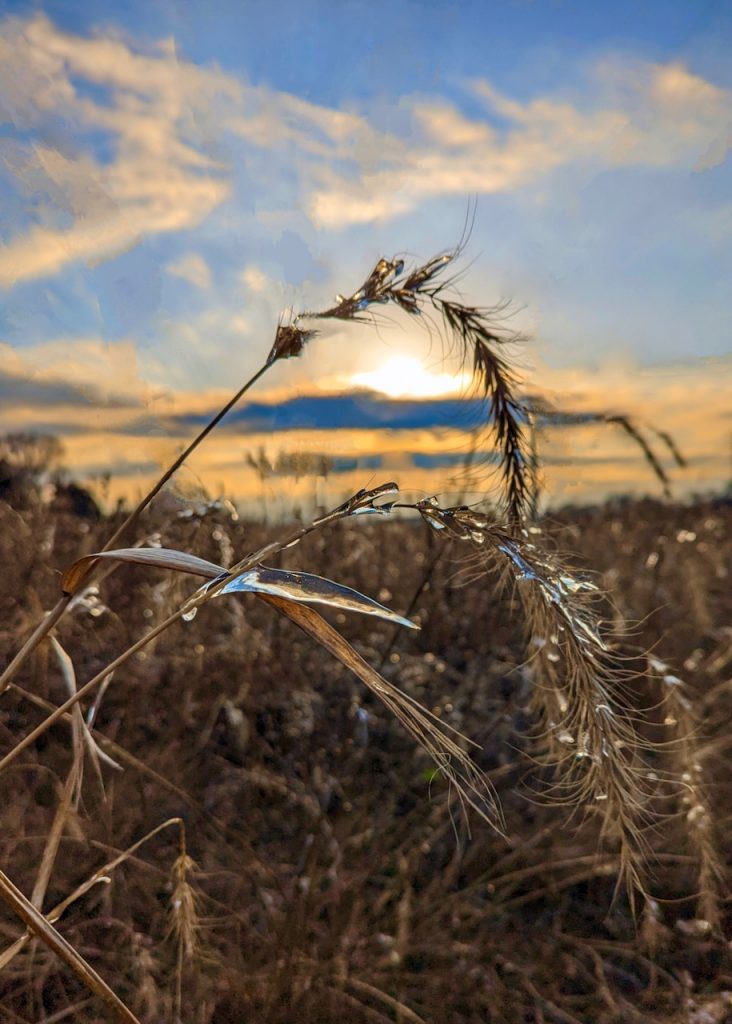
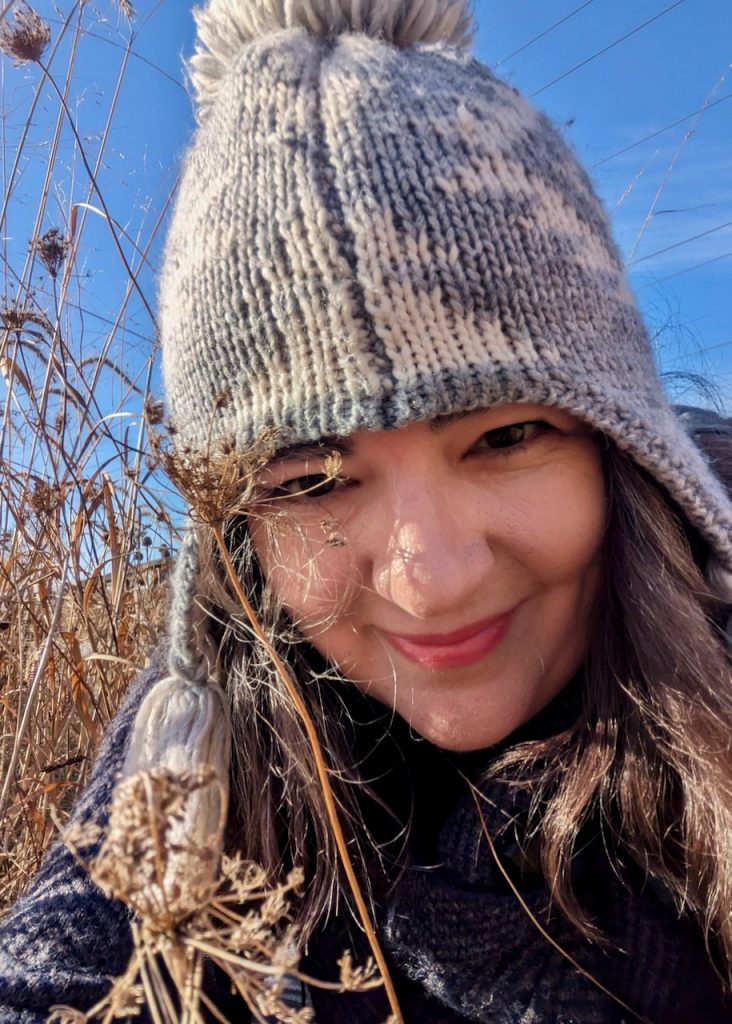
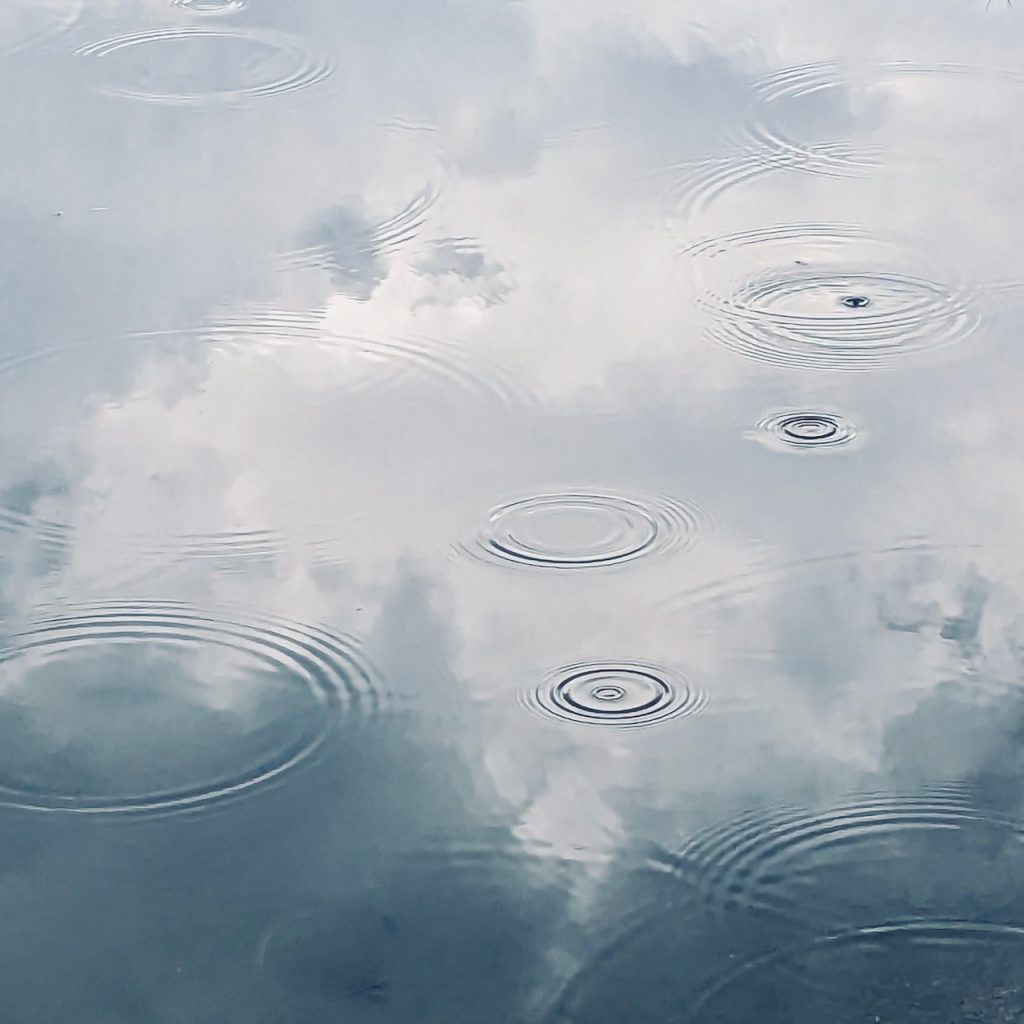
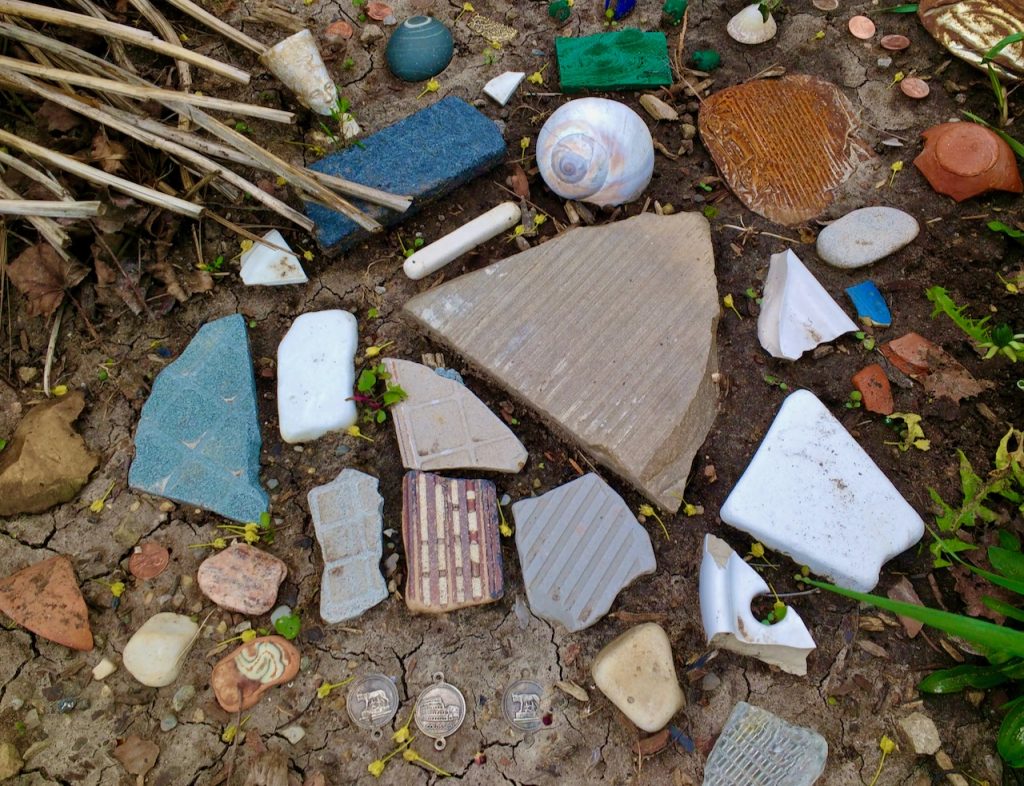
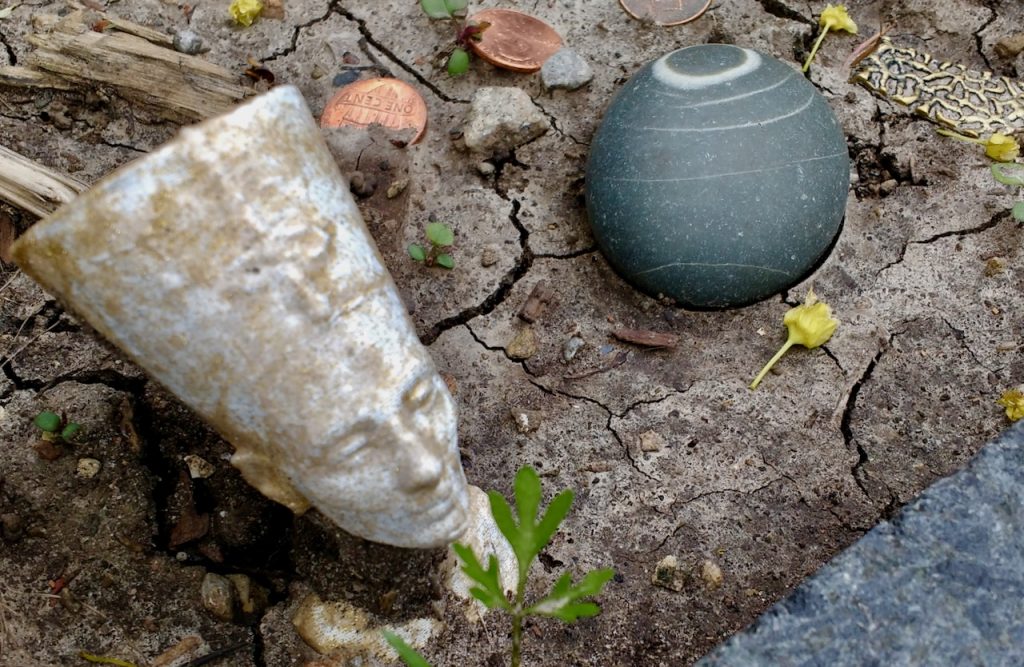
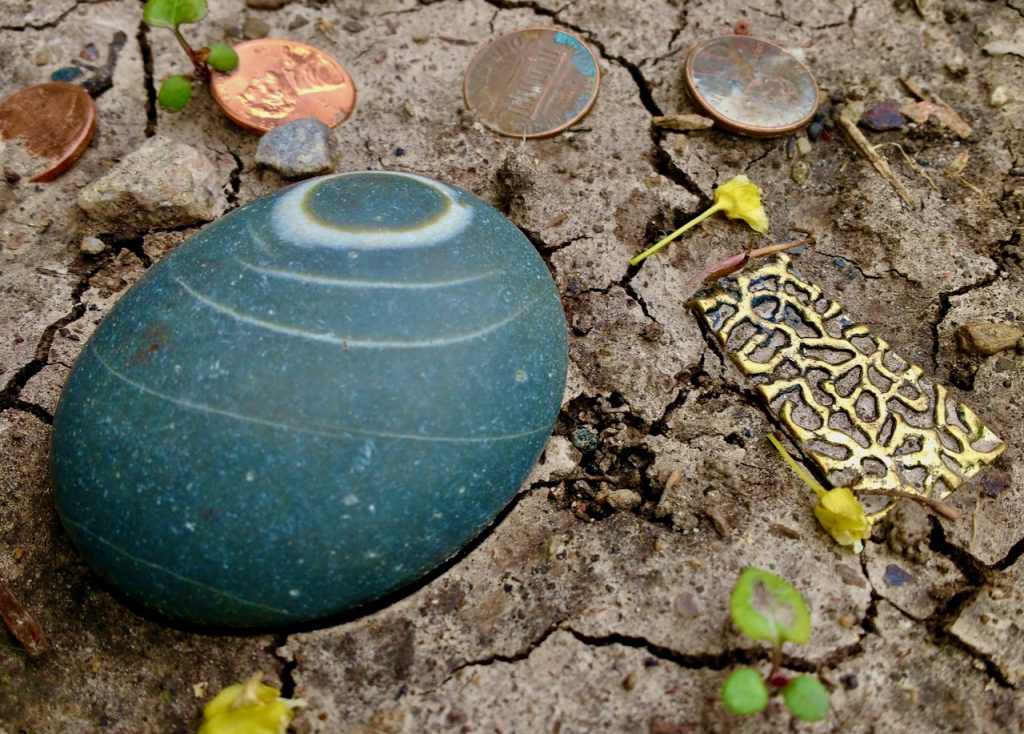
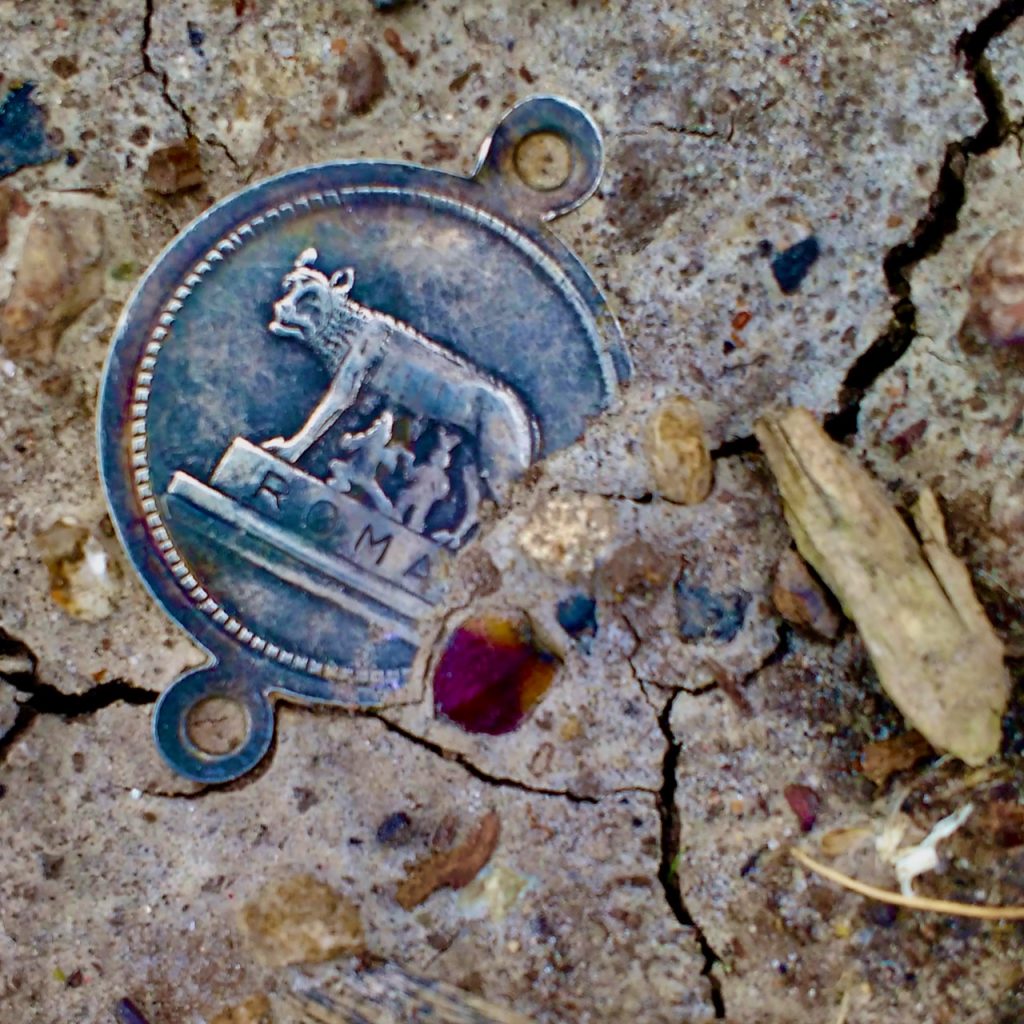
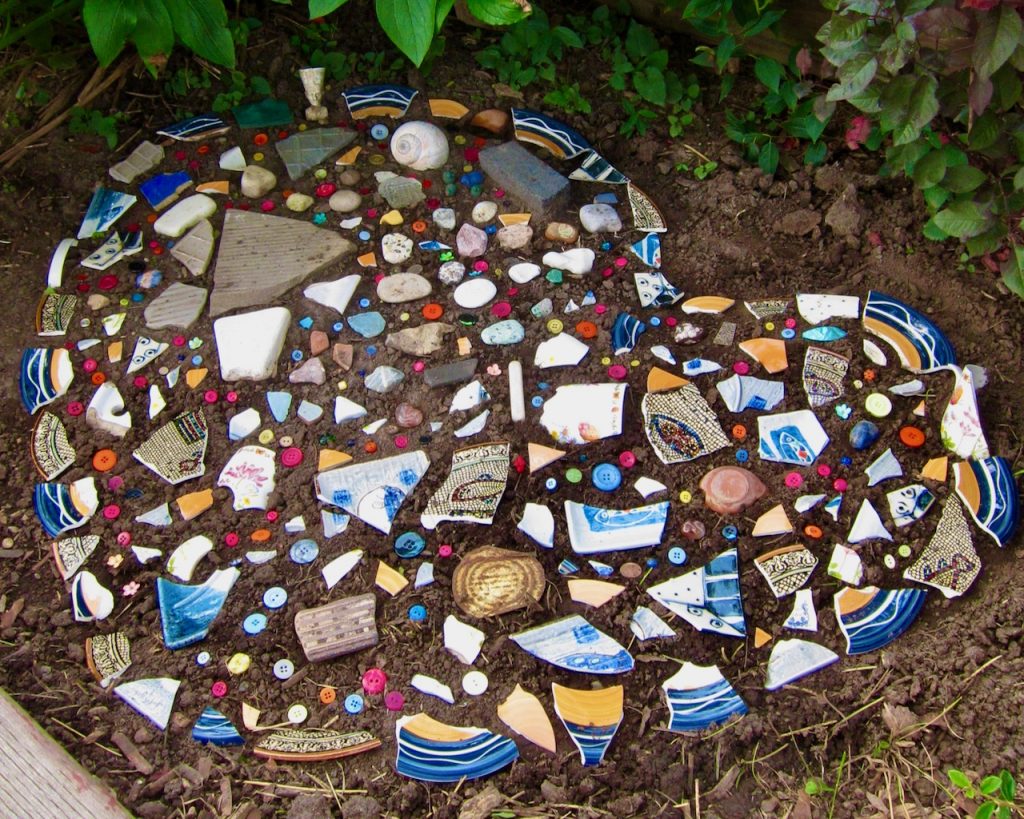
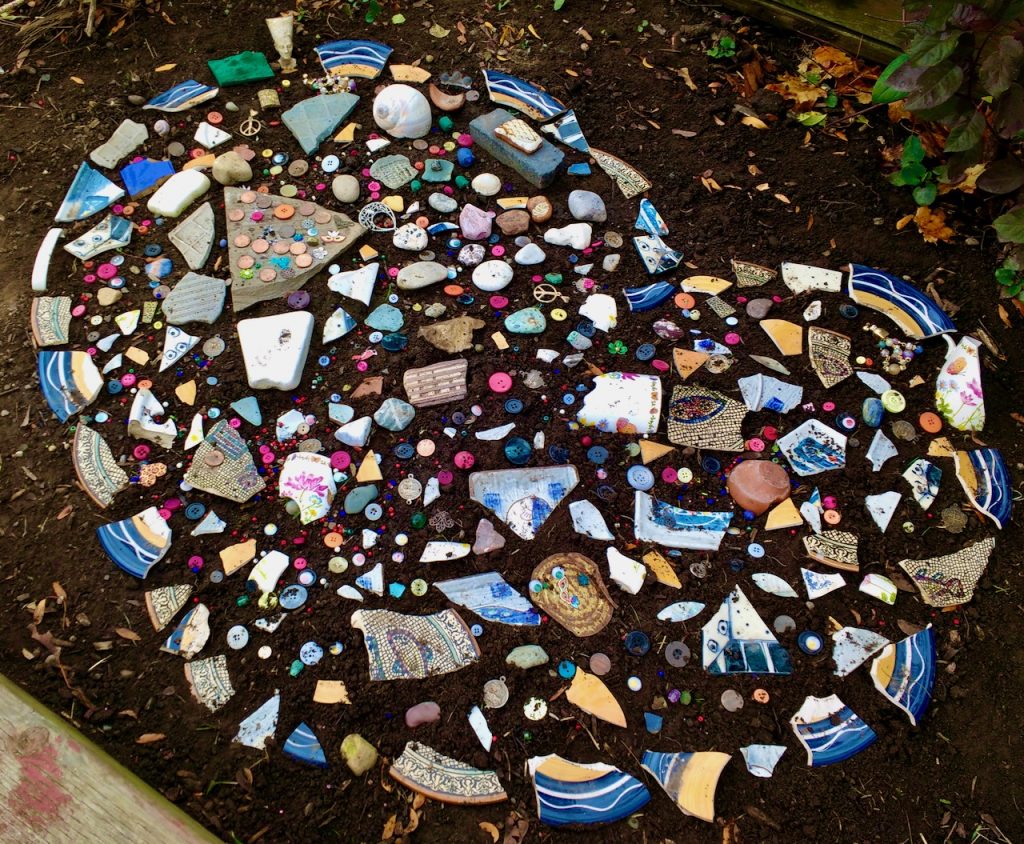
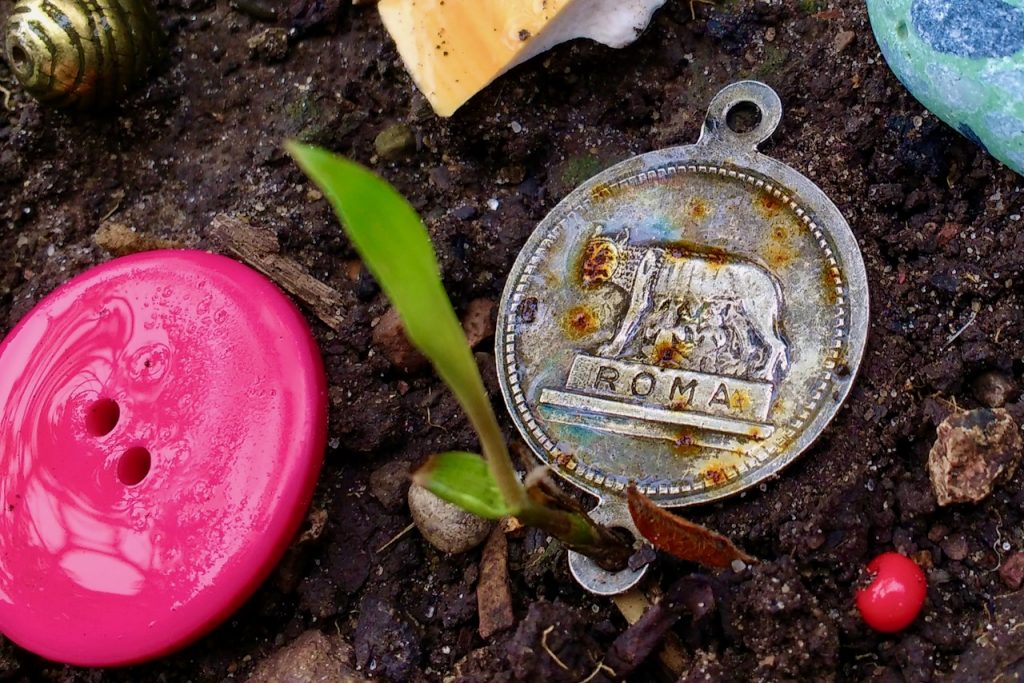
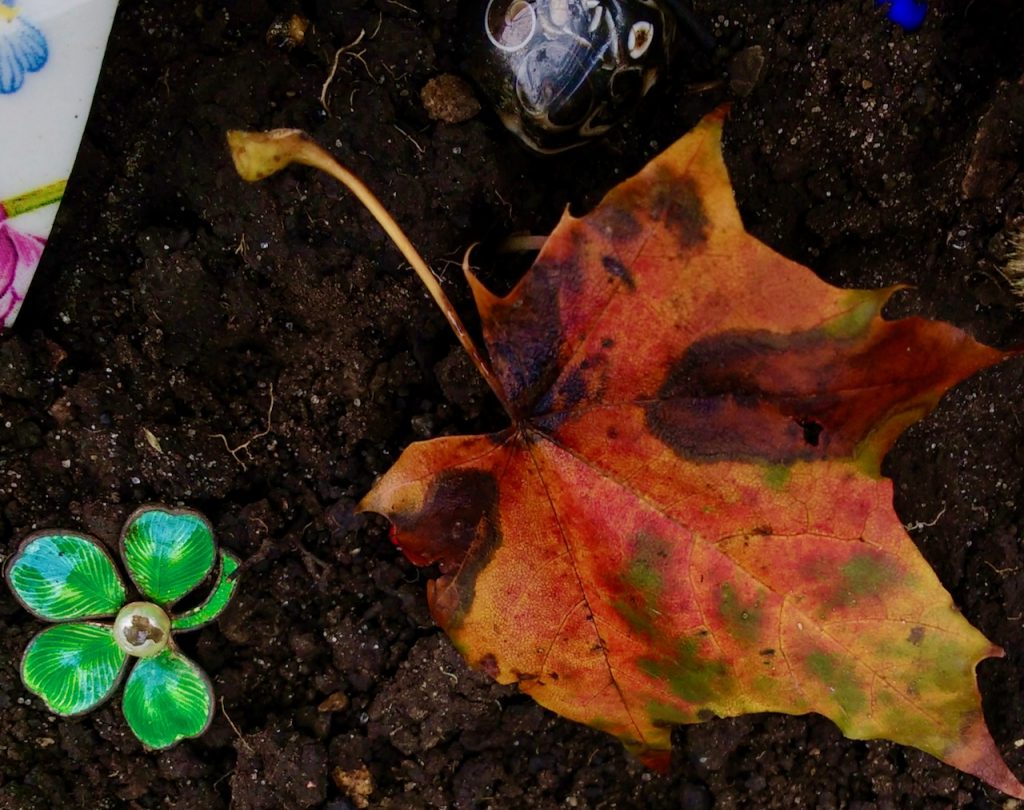
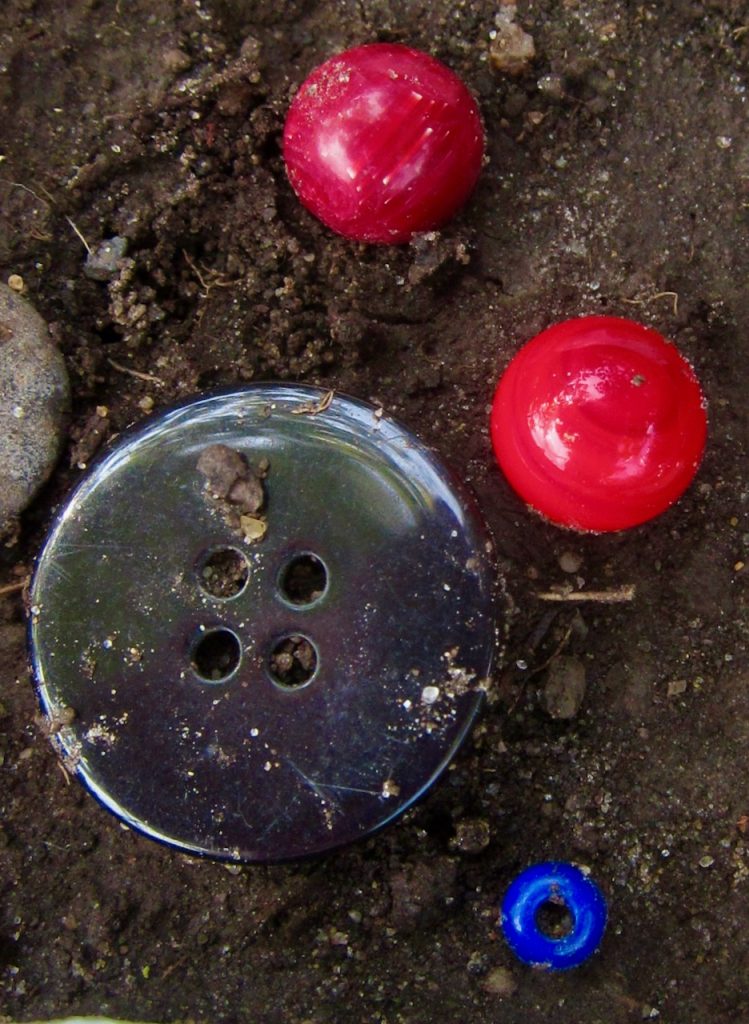
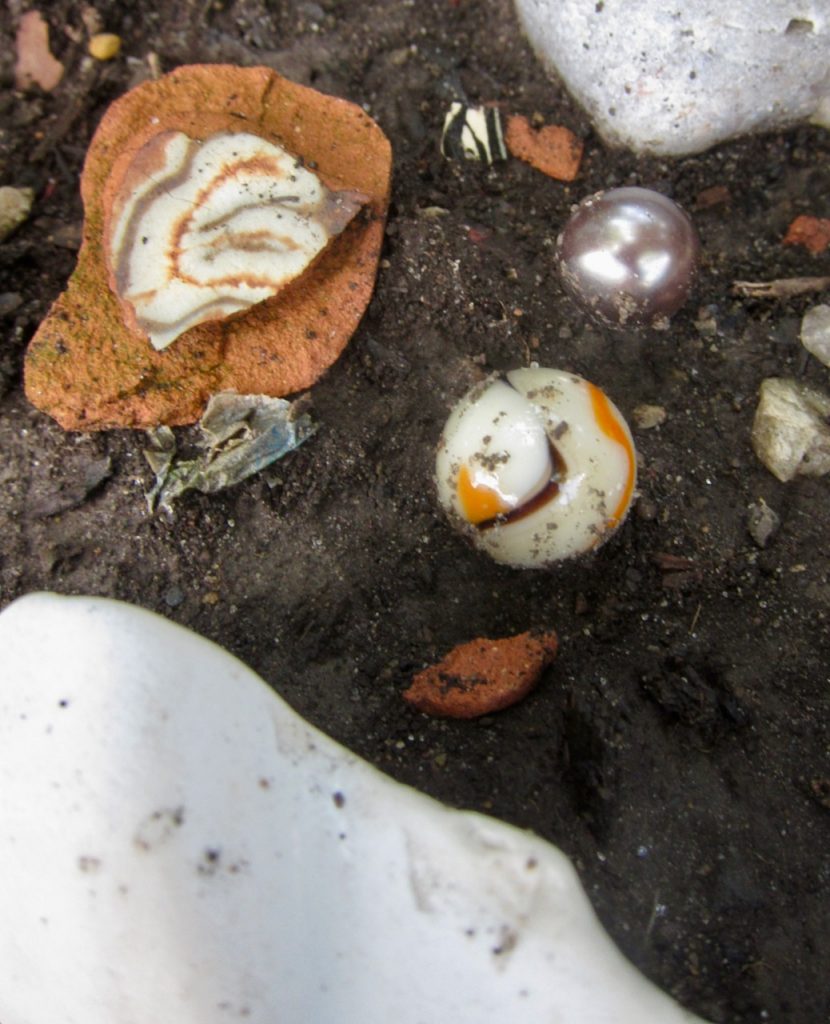
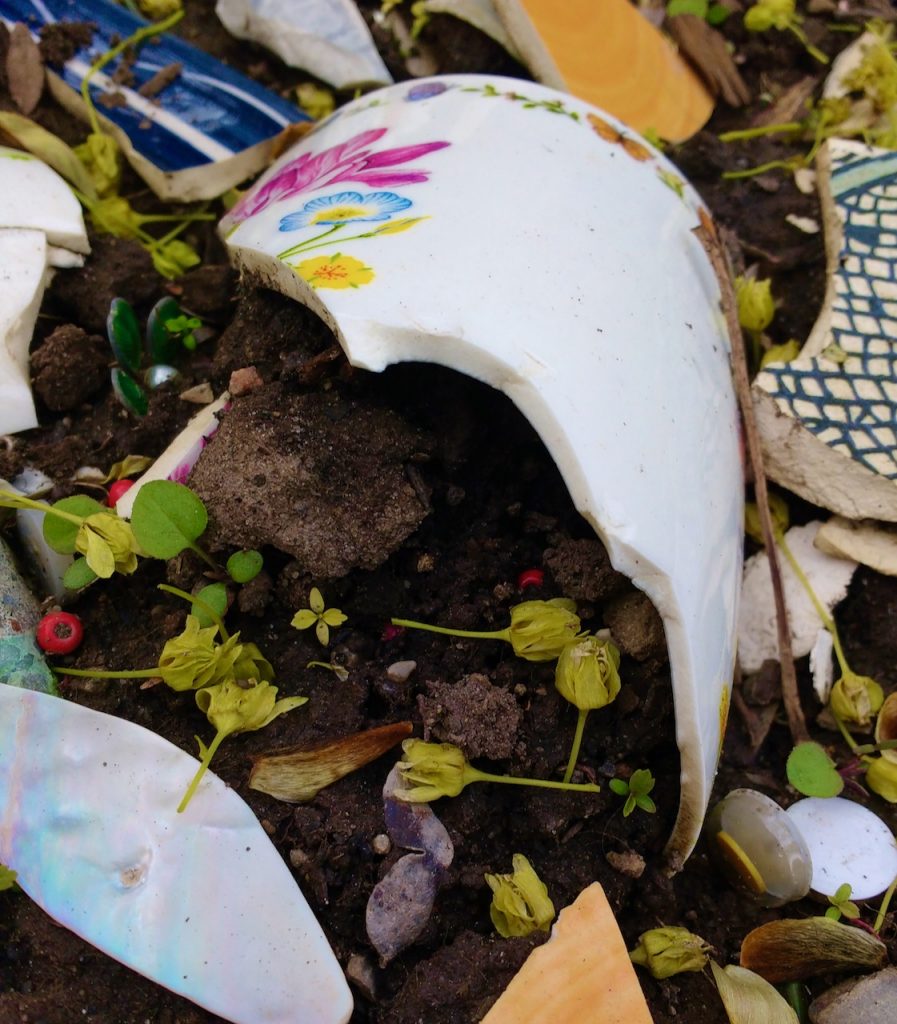
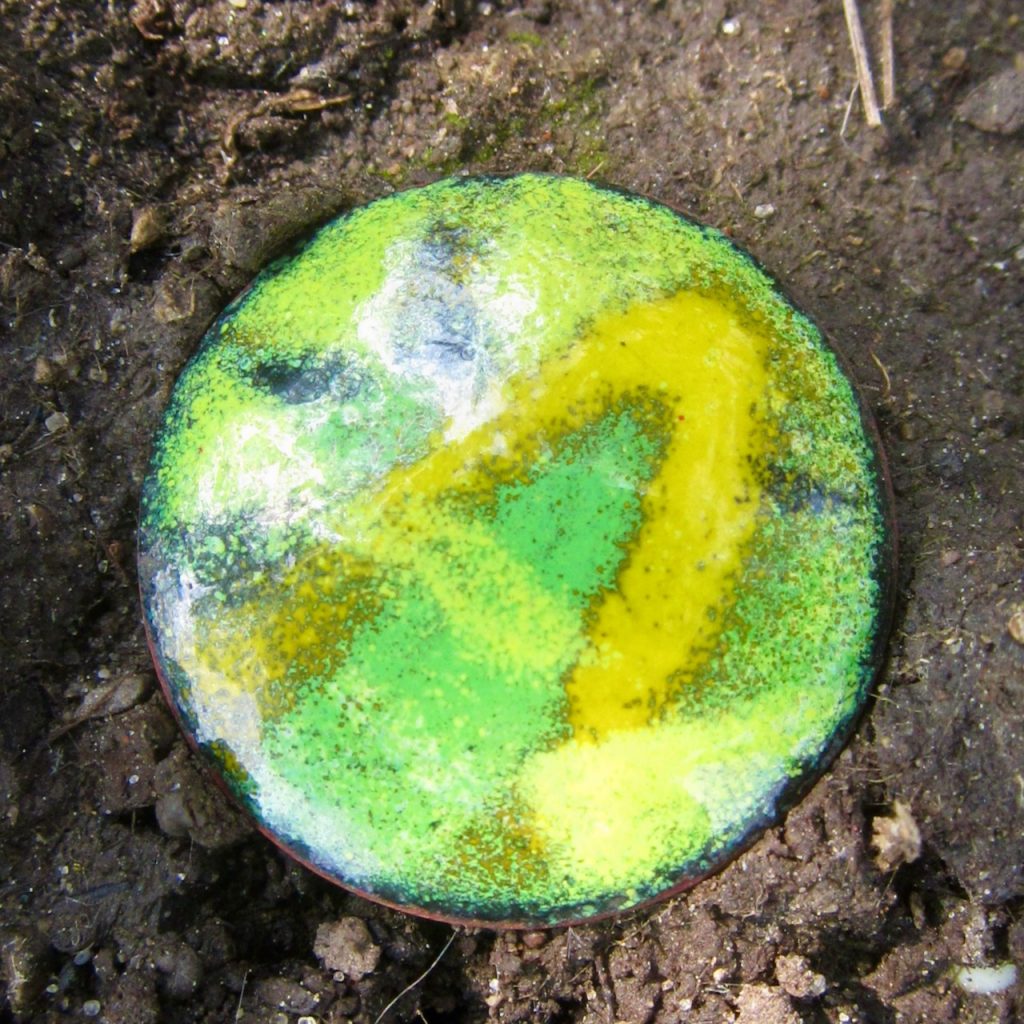
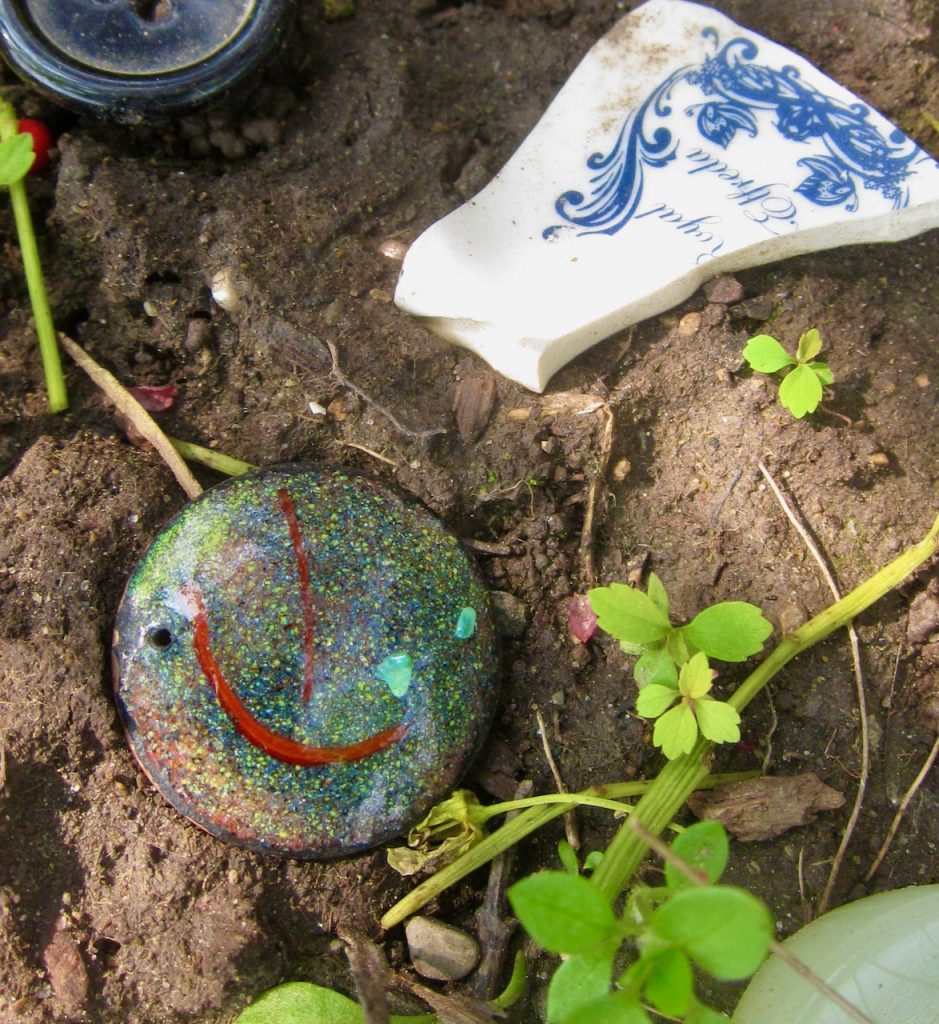
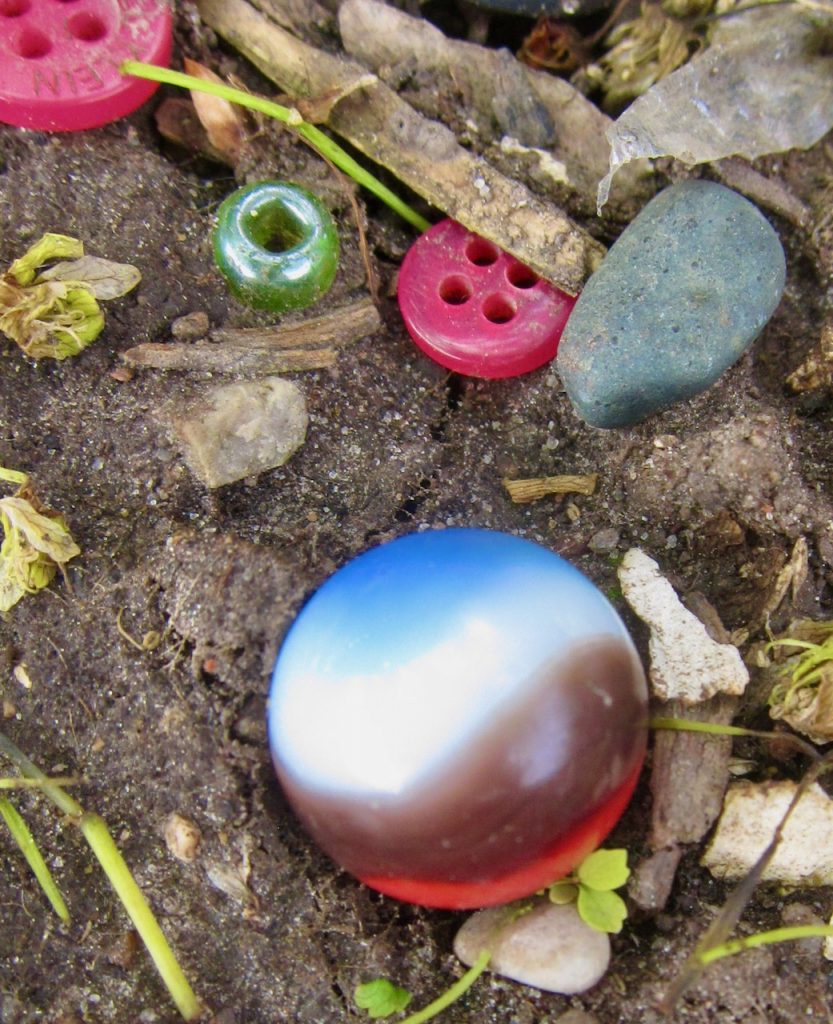
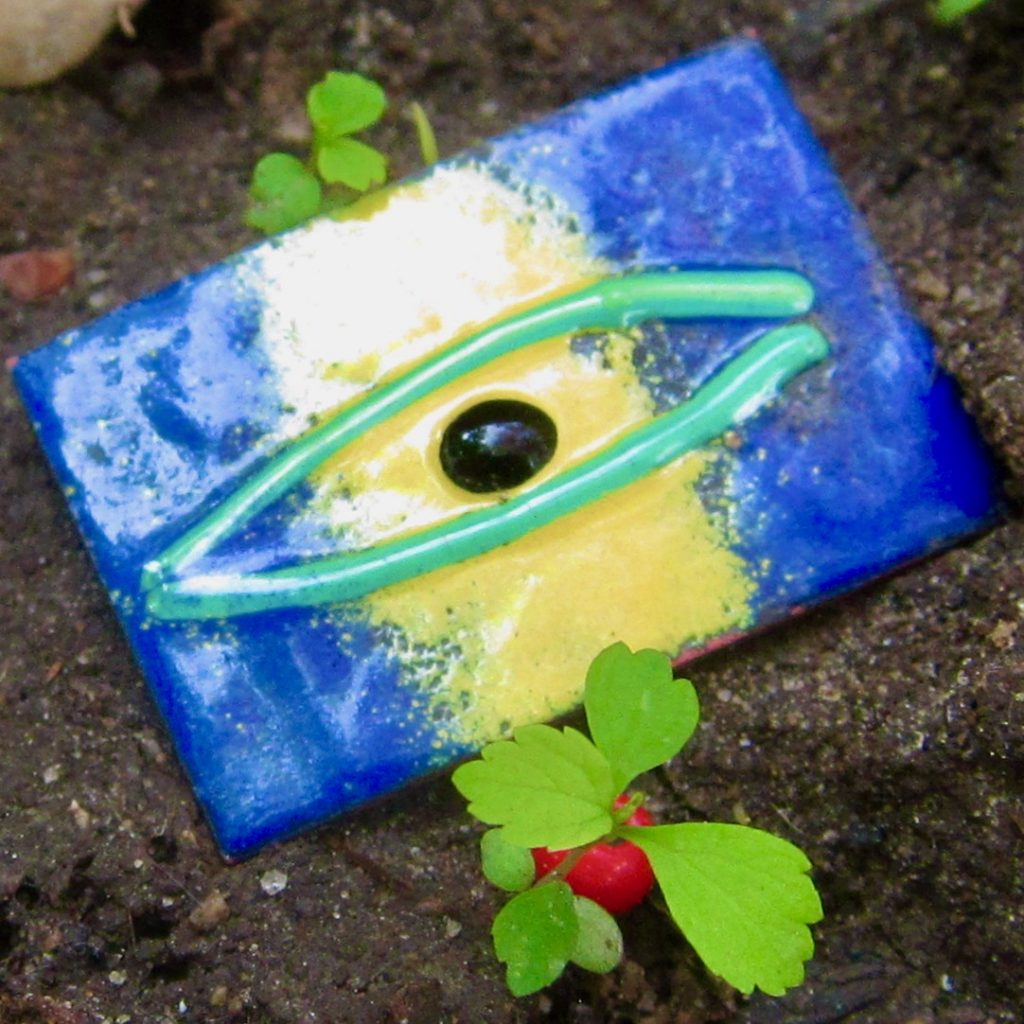
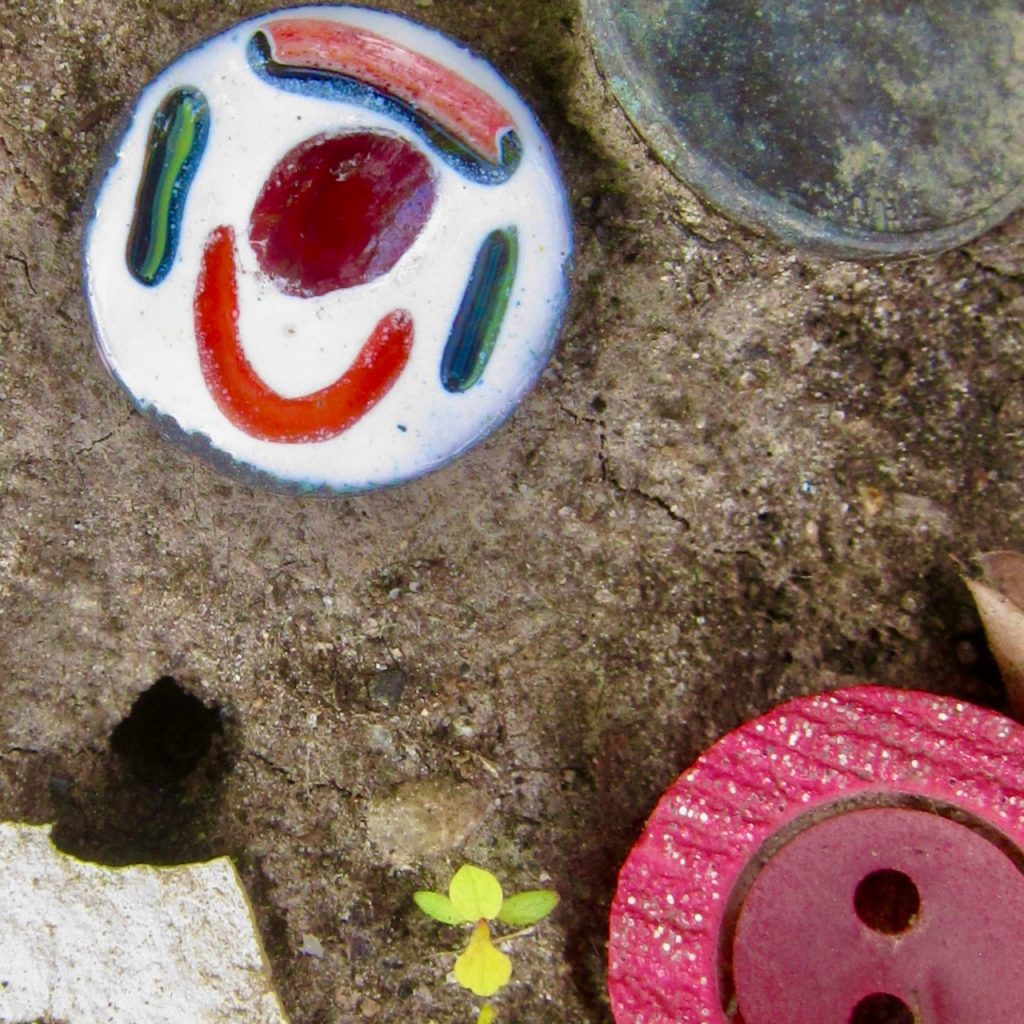

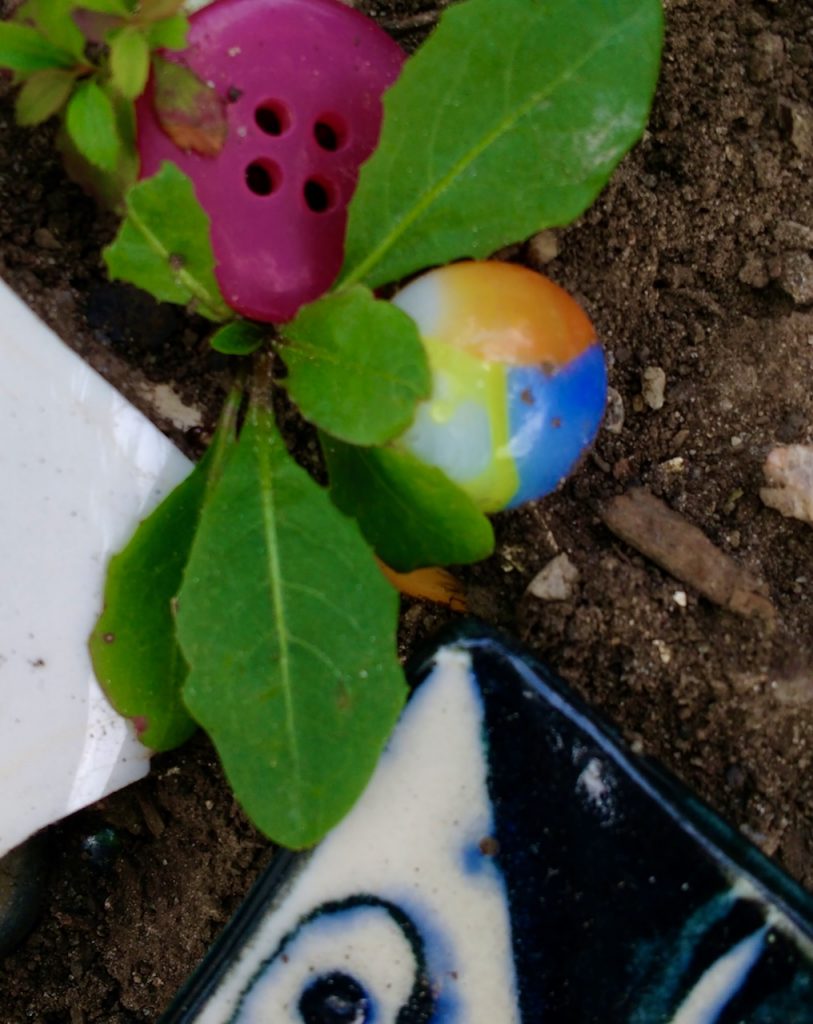
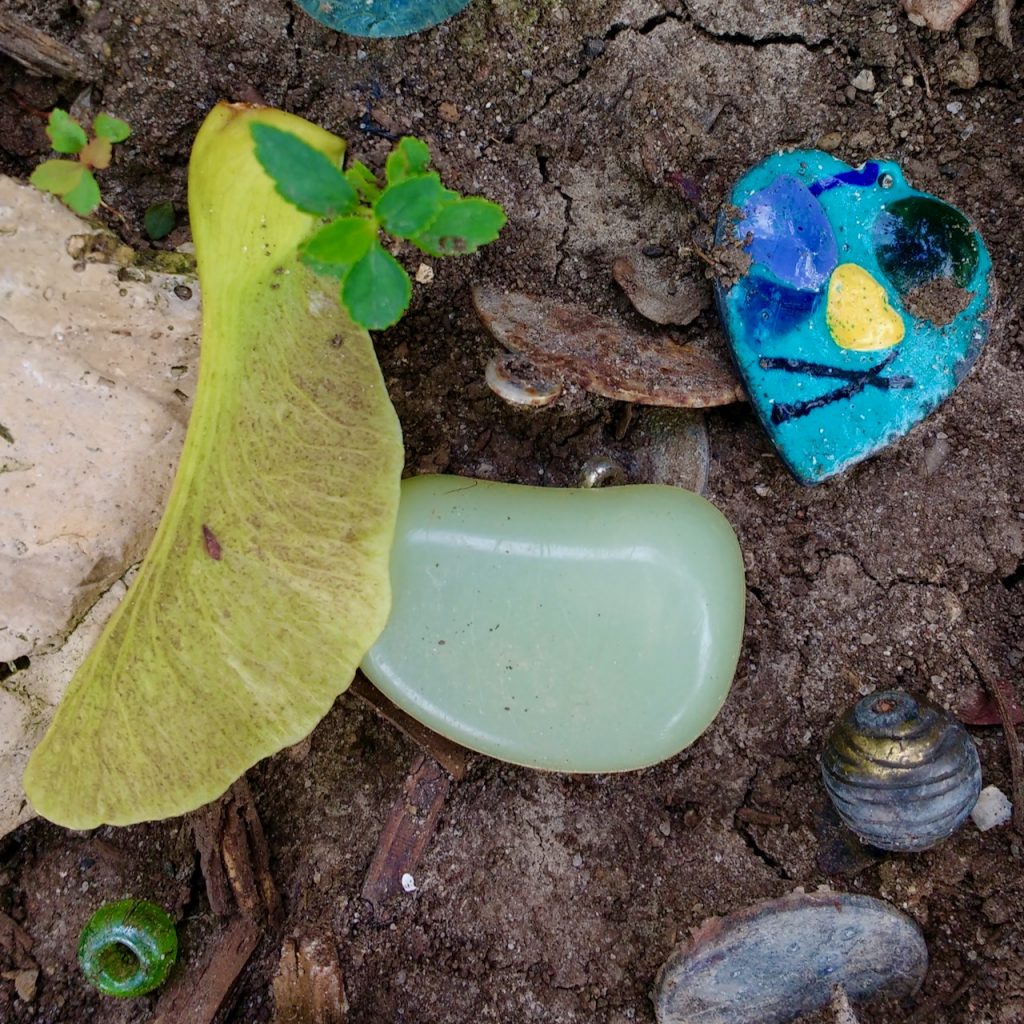
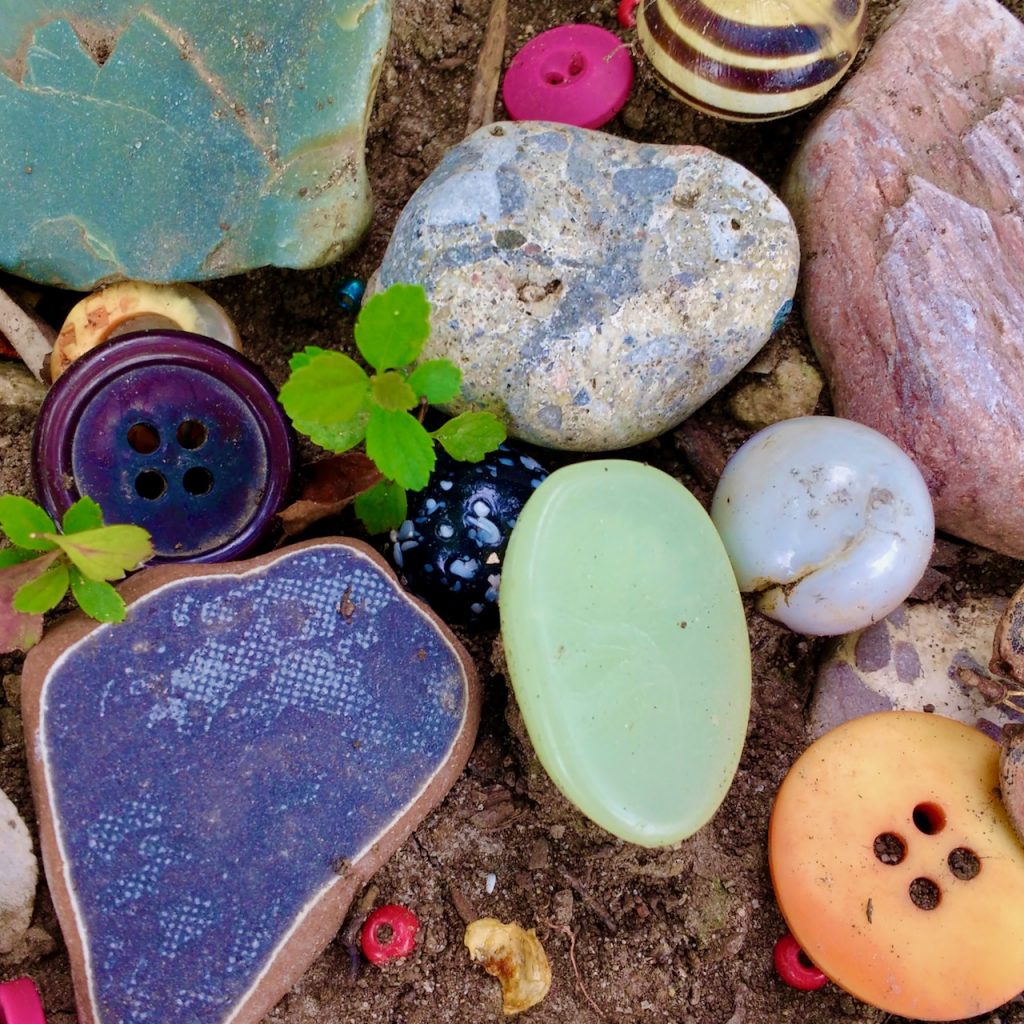
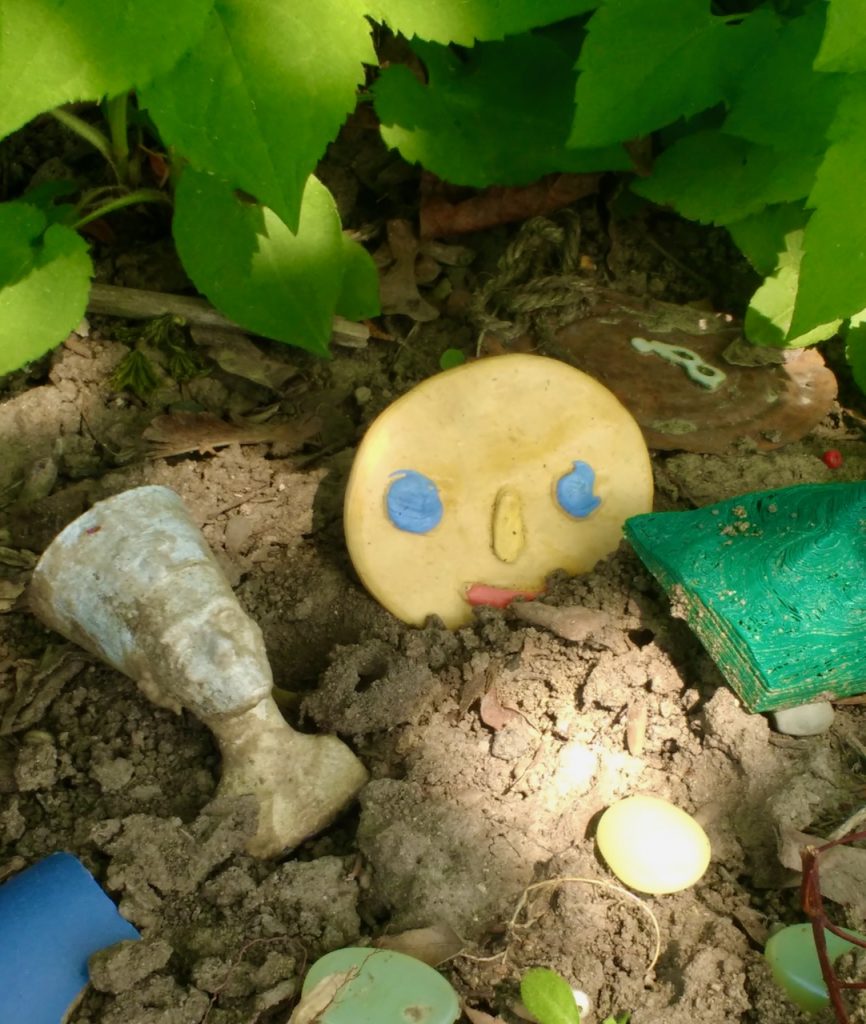
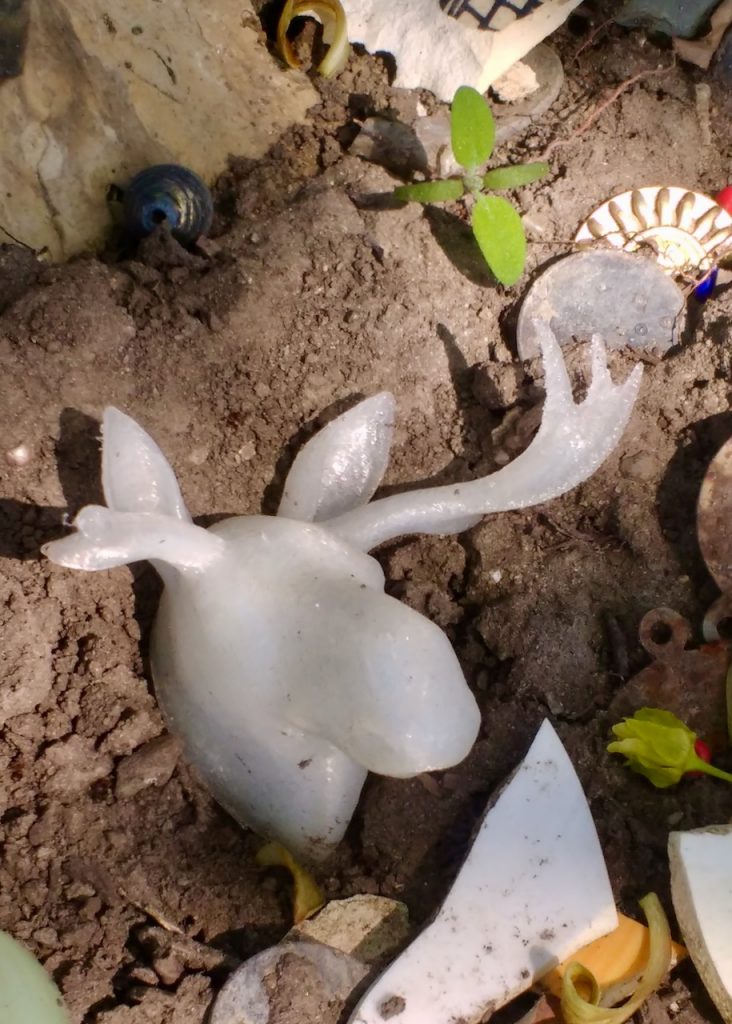
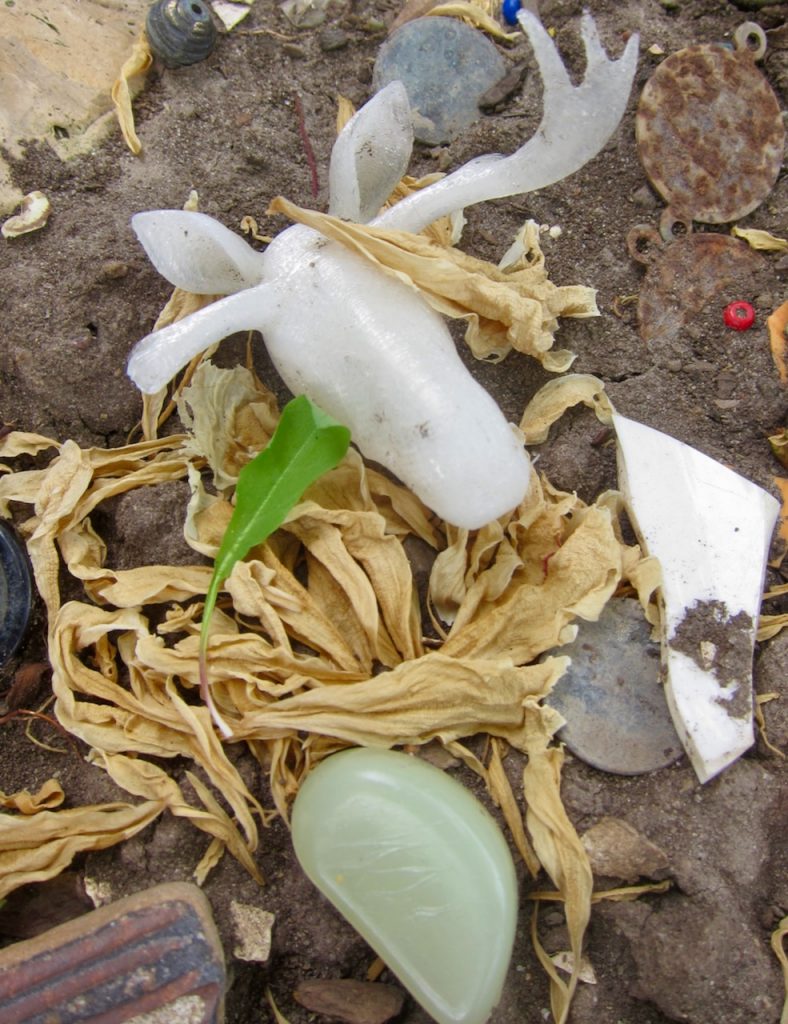
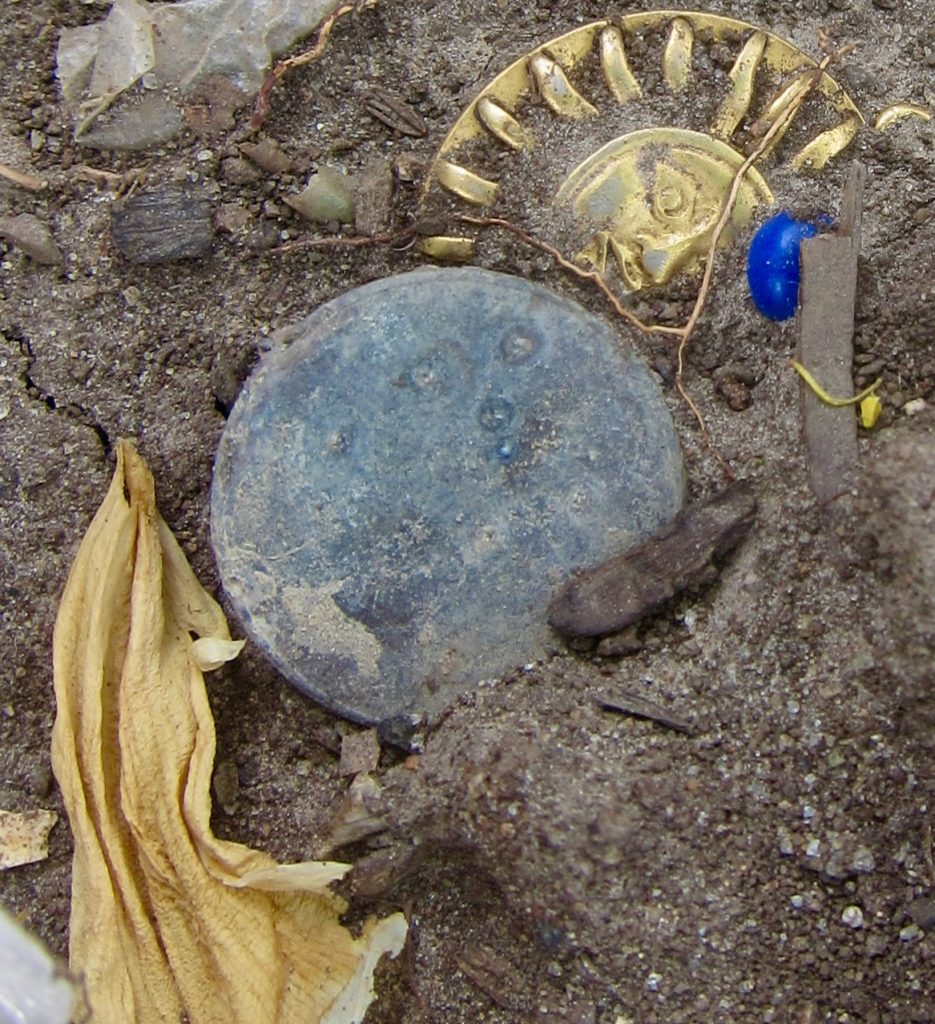
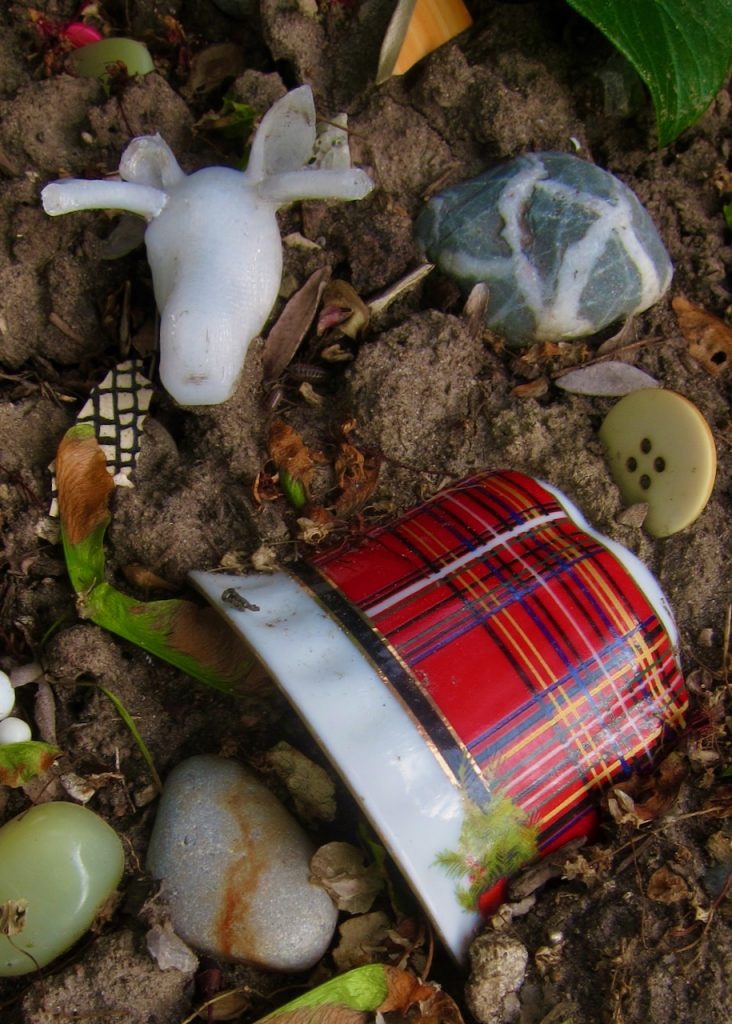
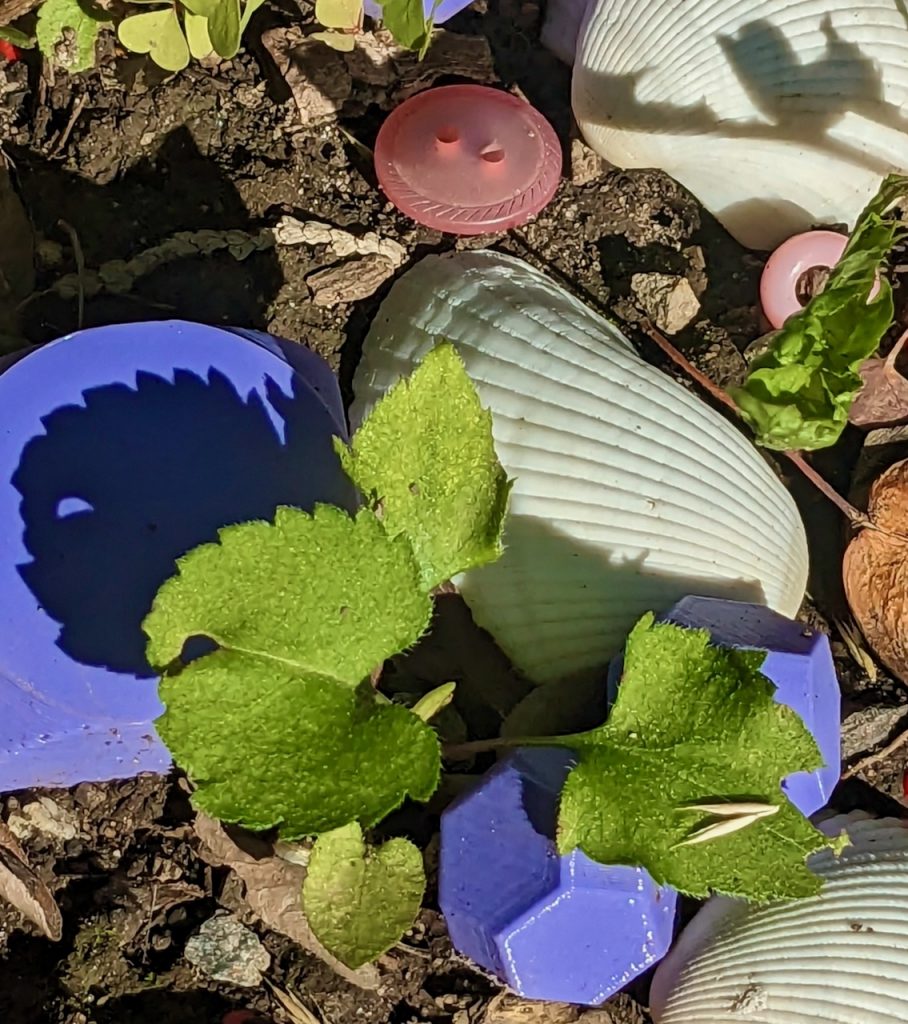
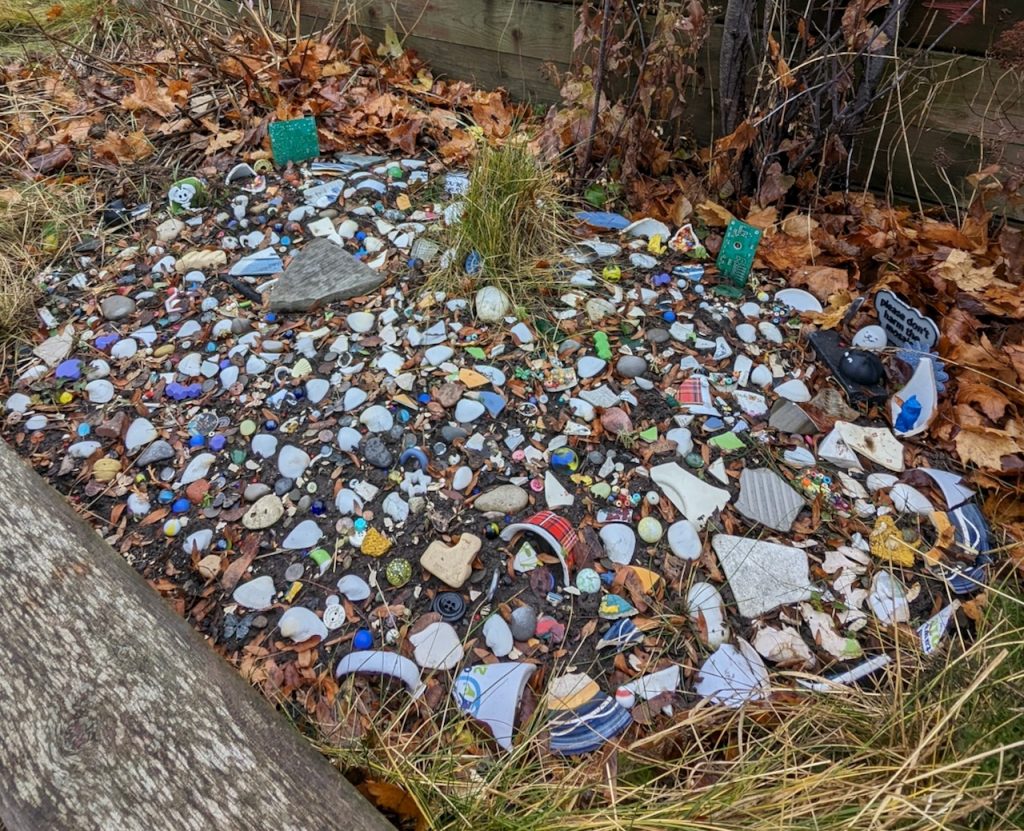
I am a ruined barn, empty but smelling of ancient hay. I sit in a lost valley, no longer a shelter nor part of a living farm. I used to be warmer, to glow orange from lanterns on February mornings, to retain animal heat. Now my shadows fill in their outlines, brief flashes from the highway my only relief.
I am tired of being a relic, a rural ghost who attracts photographers from the city. Their insulting attention reminds me that I am just a skeleton of economies past, a symbol of romantic decay.
All my sounds are whispers and echoes now, where once I heard grunts, shouts, whinnies, cries of pain and hunger. It’s so quiet now. Ruin is quiet. My unsteady walls feel dry, brittle, so straw-like that one warm hand on my door would set me ablaze. I welcome this fire, this sweet extinction into ashes.
When it rains, I feel the blessed water soaking my beams, splashing through broken panes, swelling the hayloft floor so that I forget my ladder is broken and my stalls now shells that once held a family’s wealth and sustenance. I miss being whole. I miss being real. I miss the animals I used to protect.
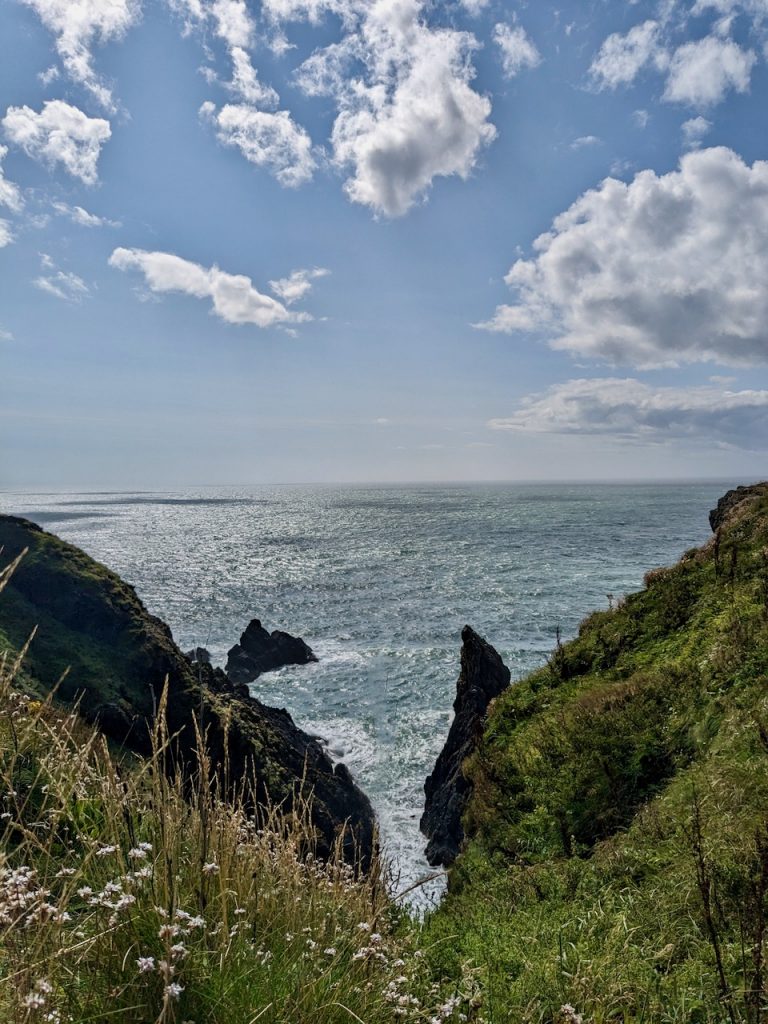
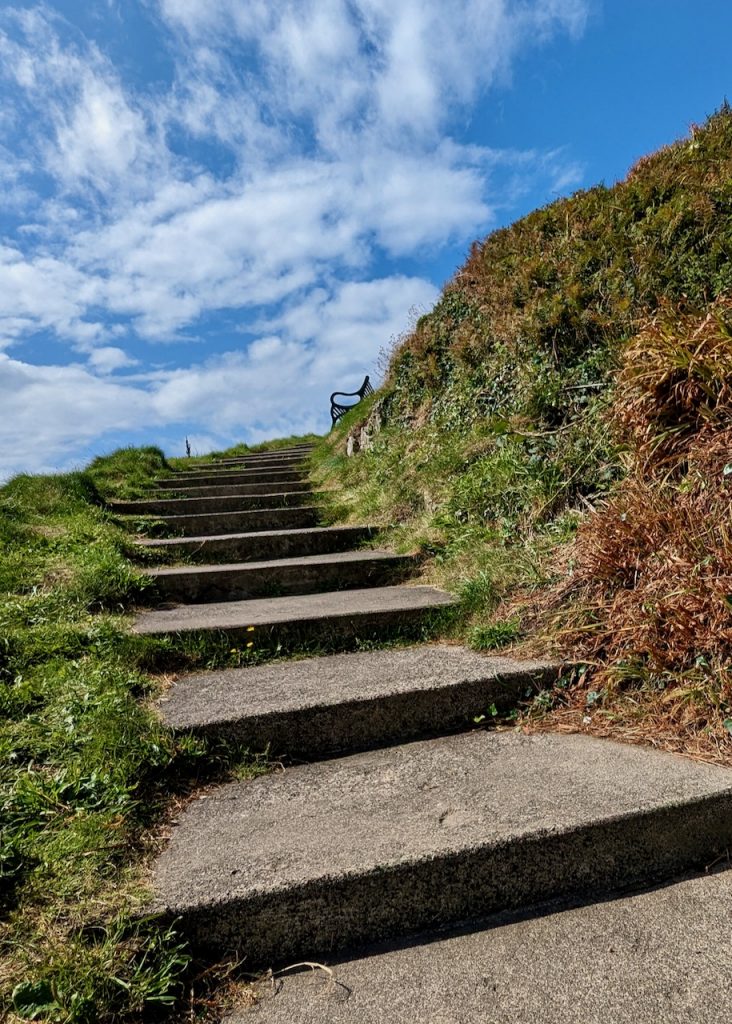
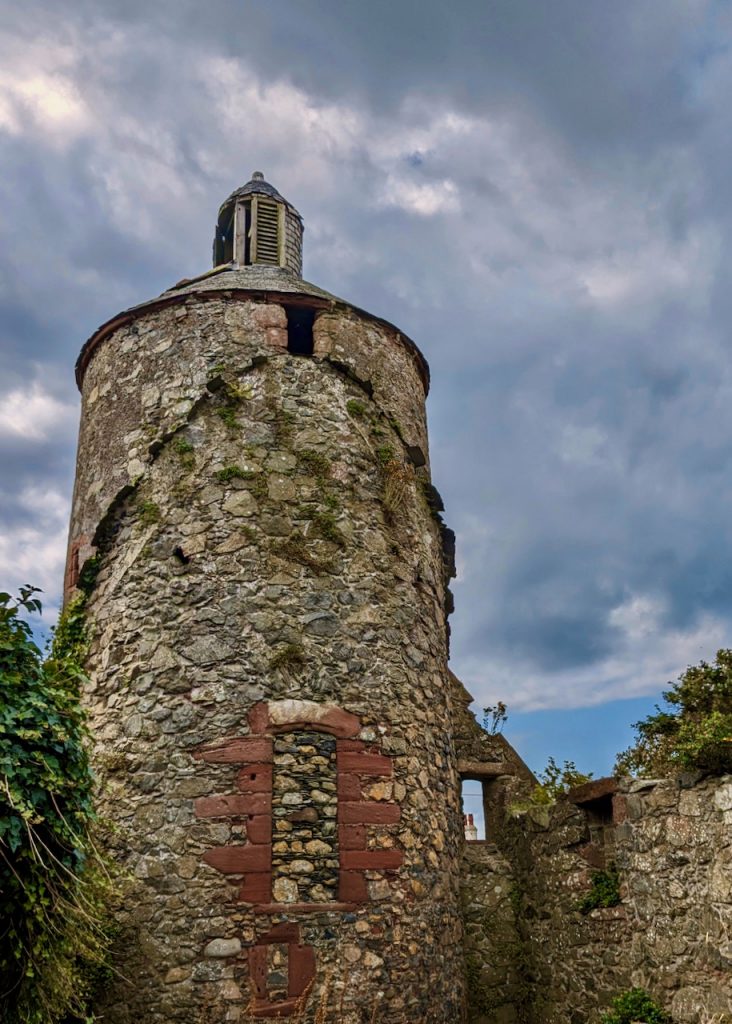
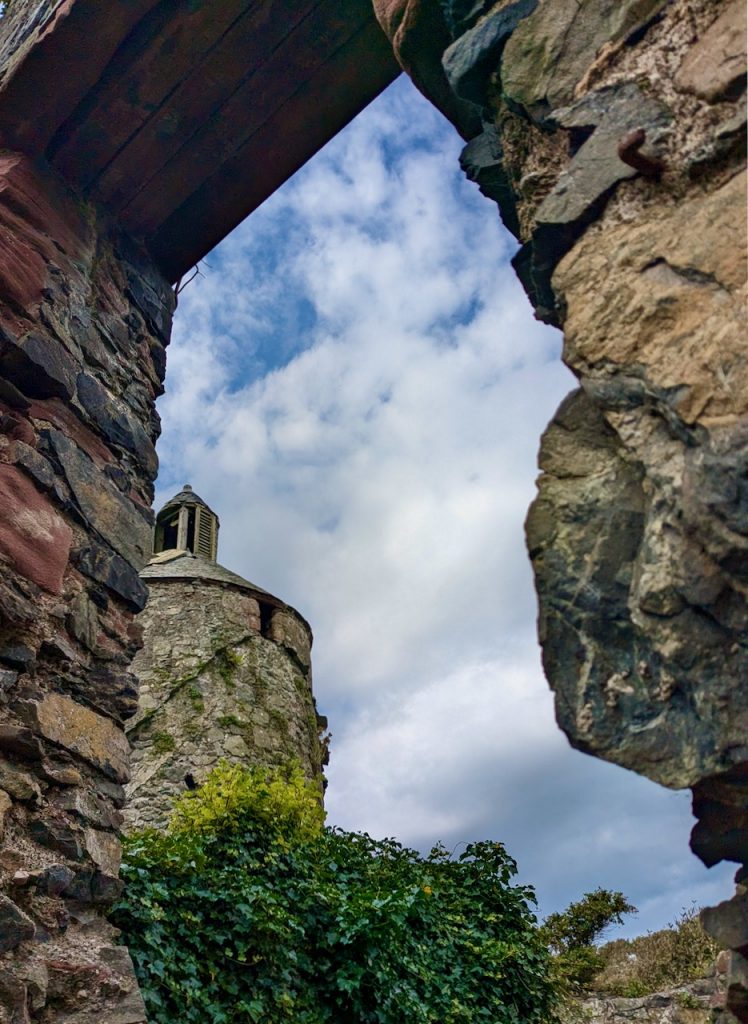
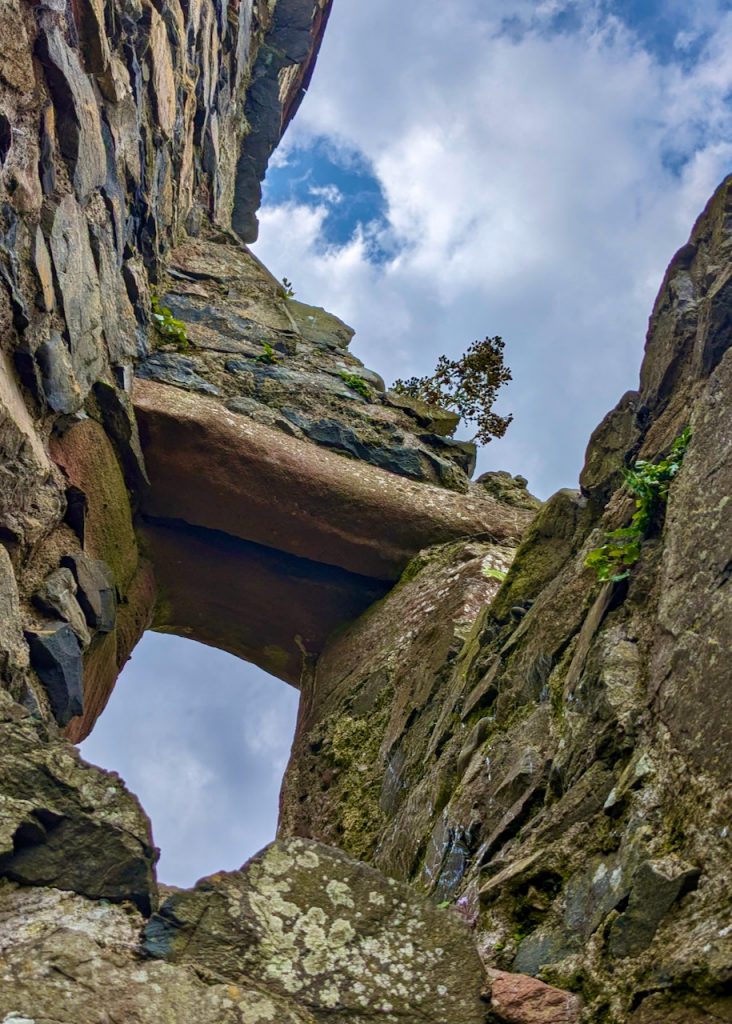
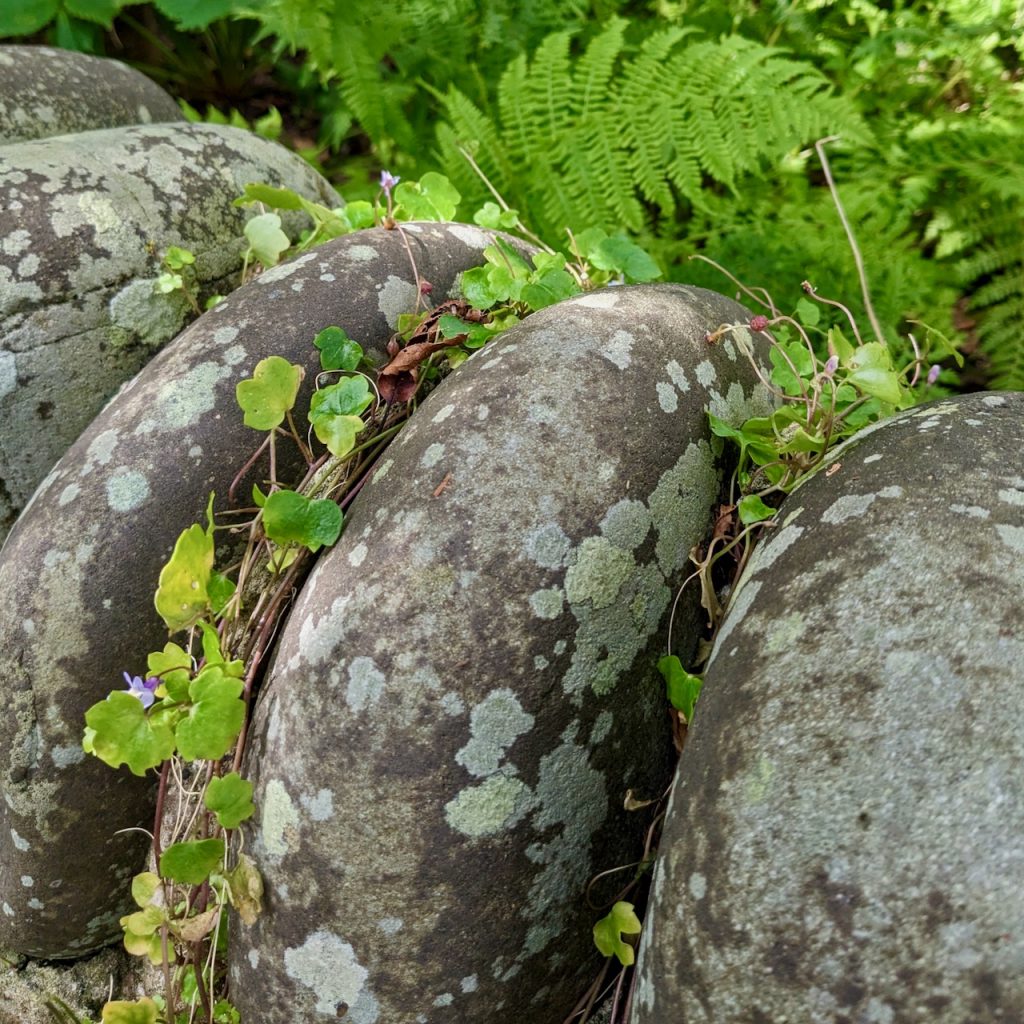
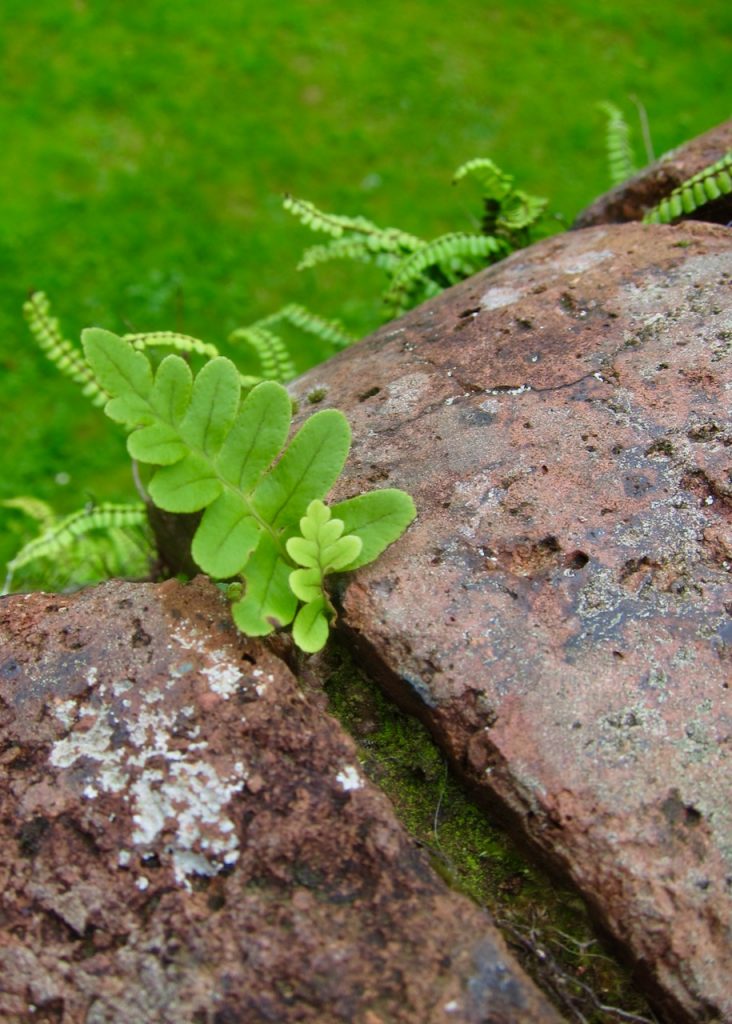
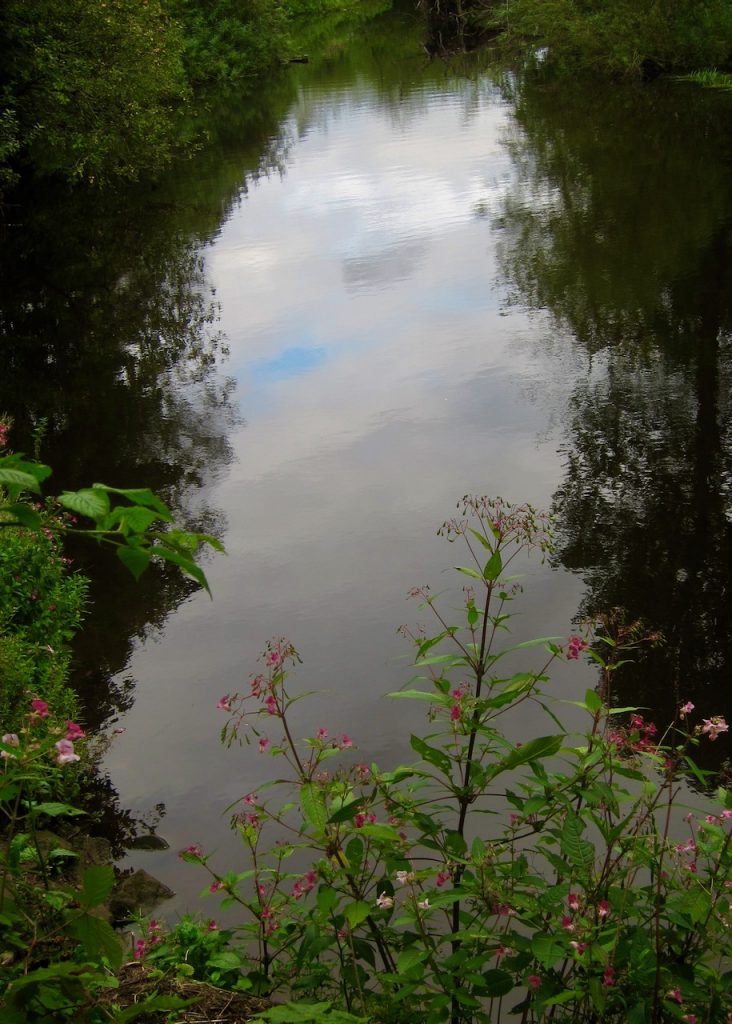
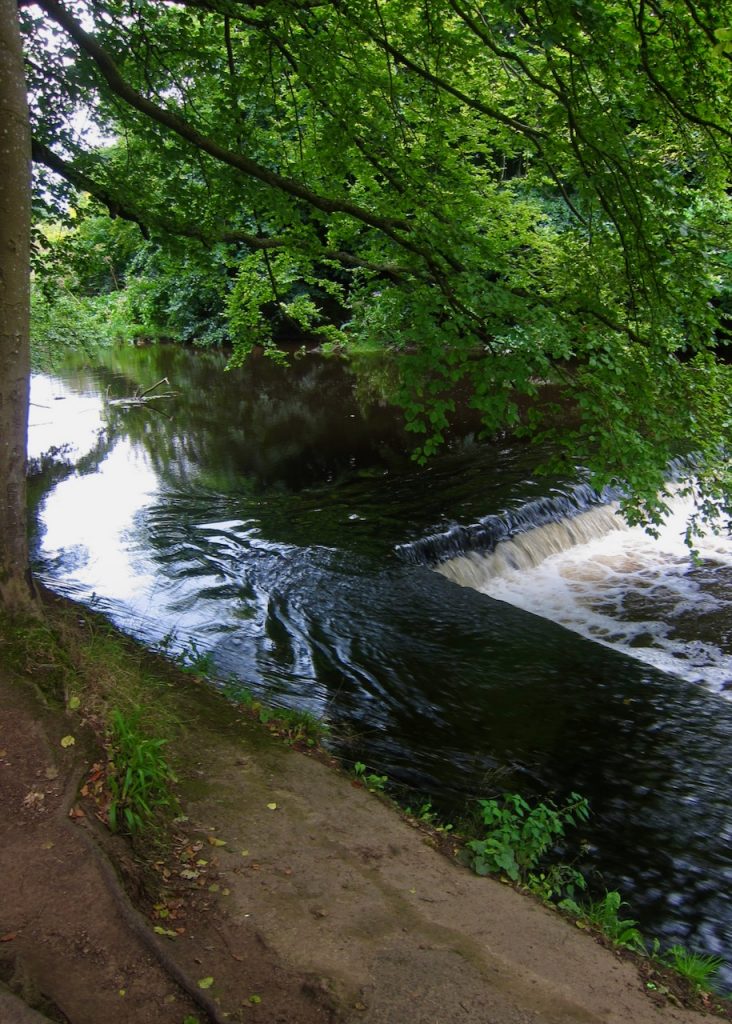
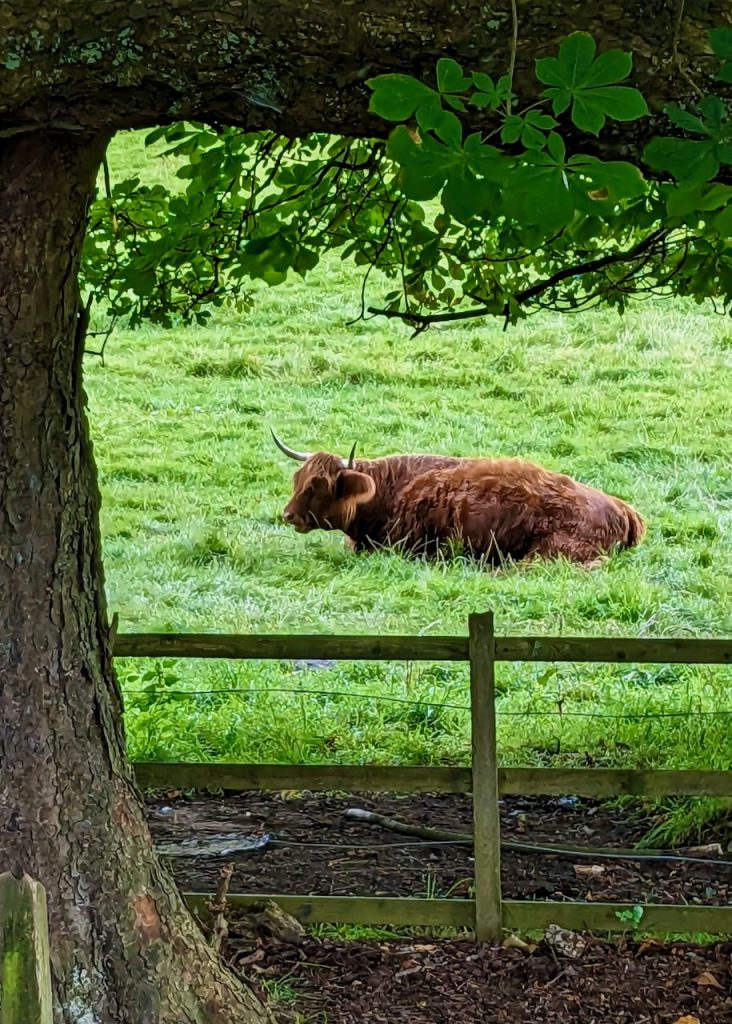
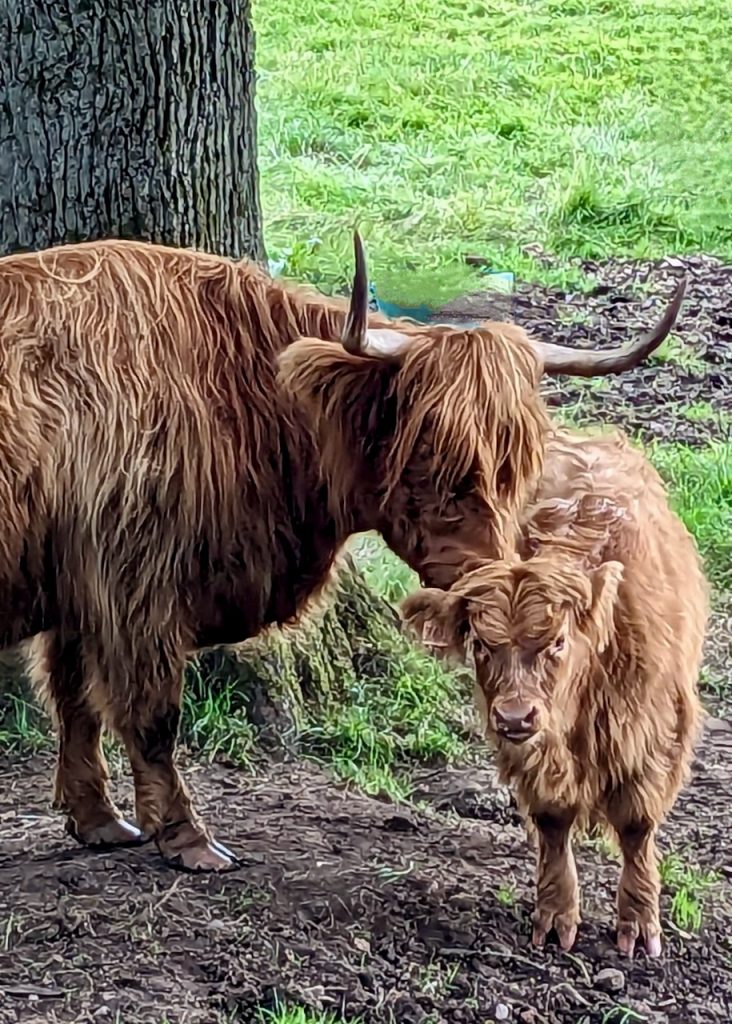
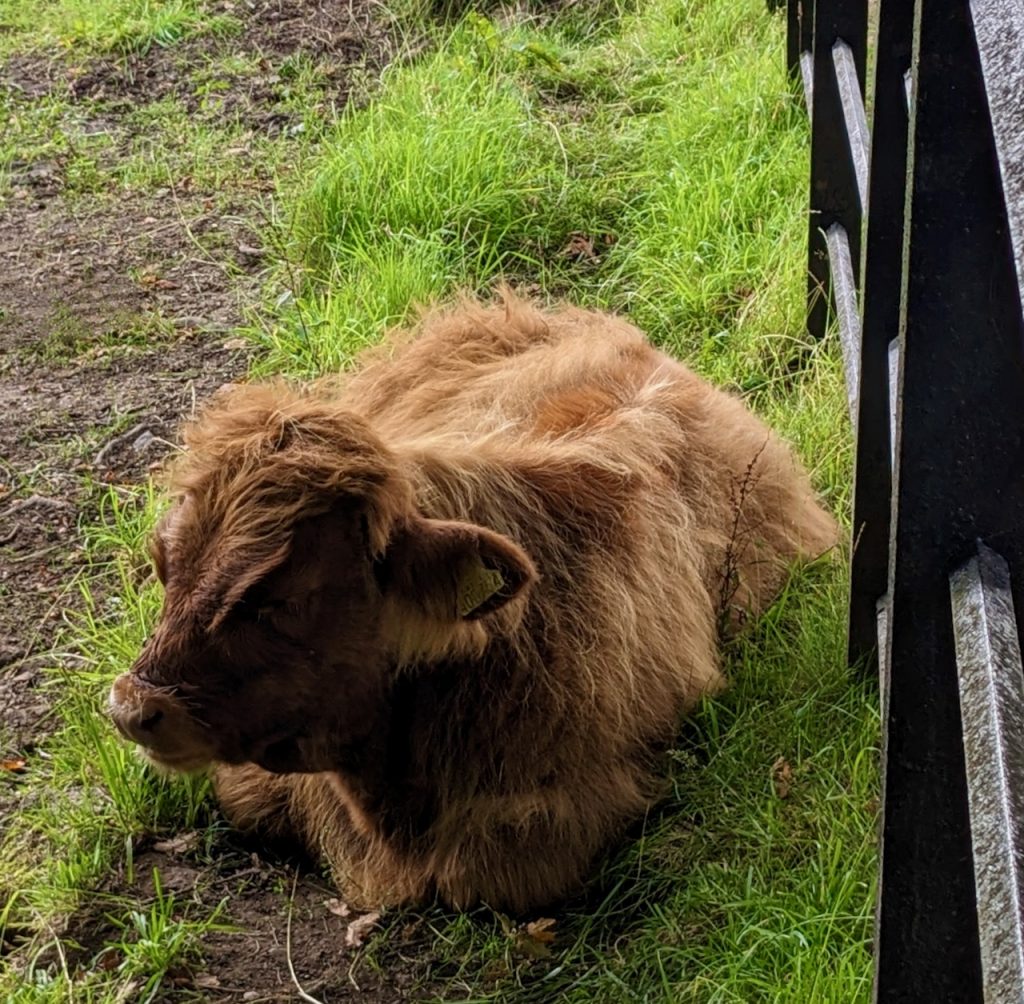
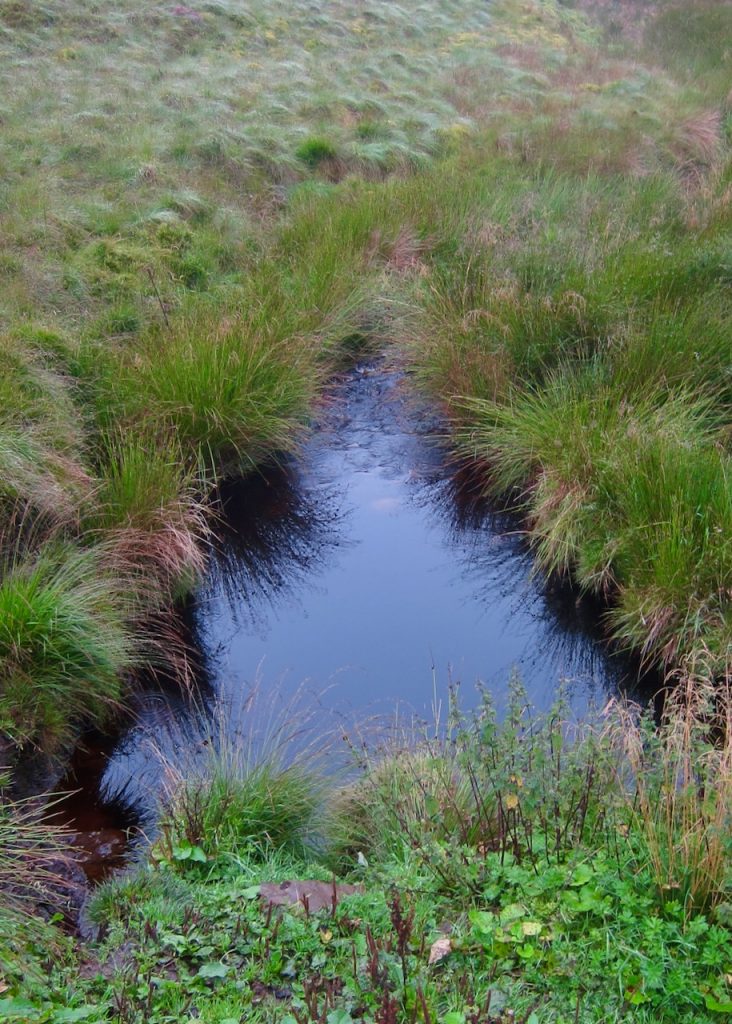
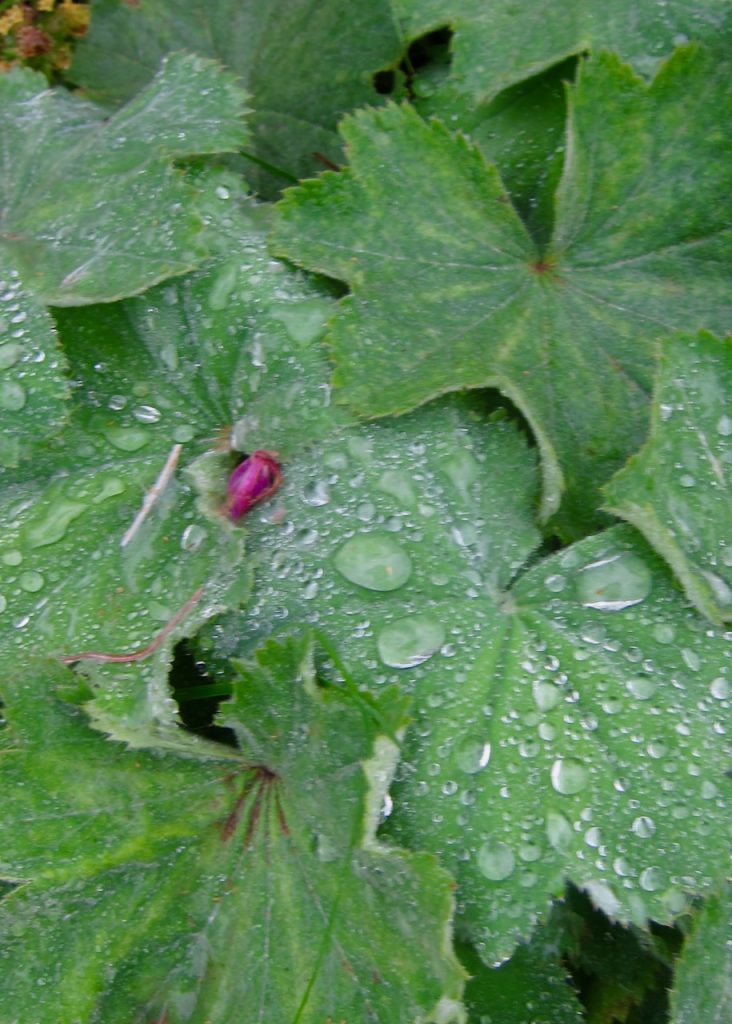
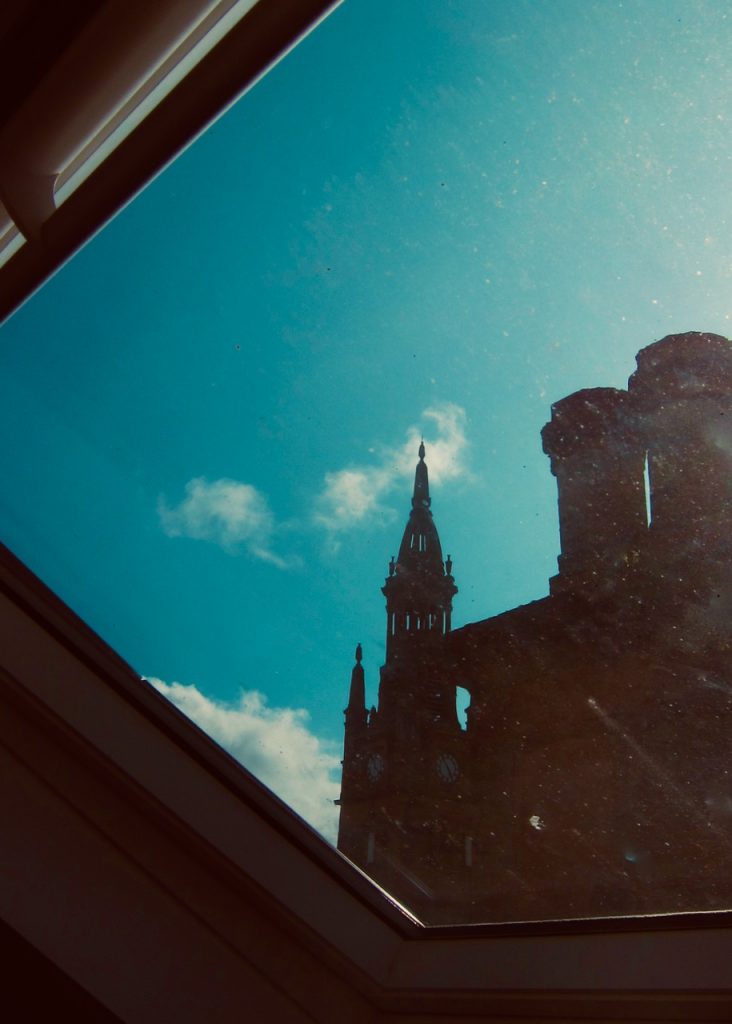
Pollokshields, Glasgow
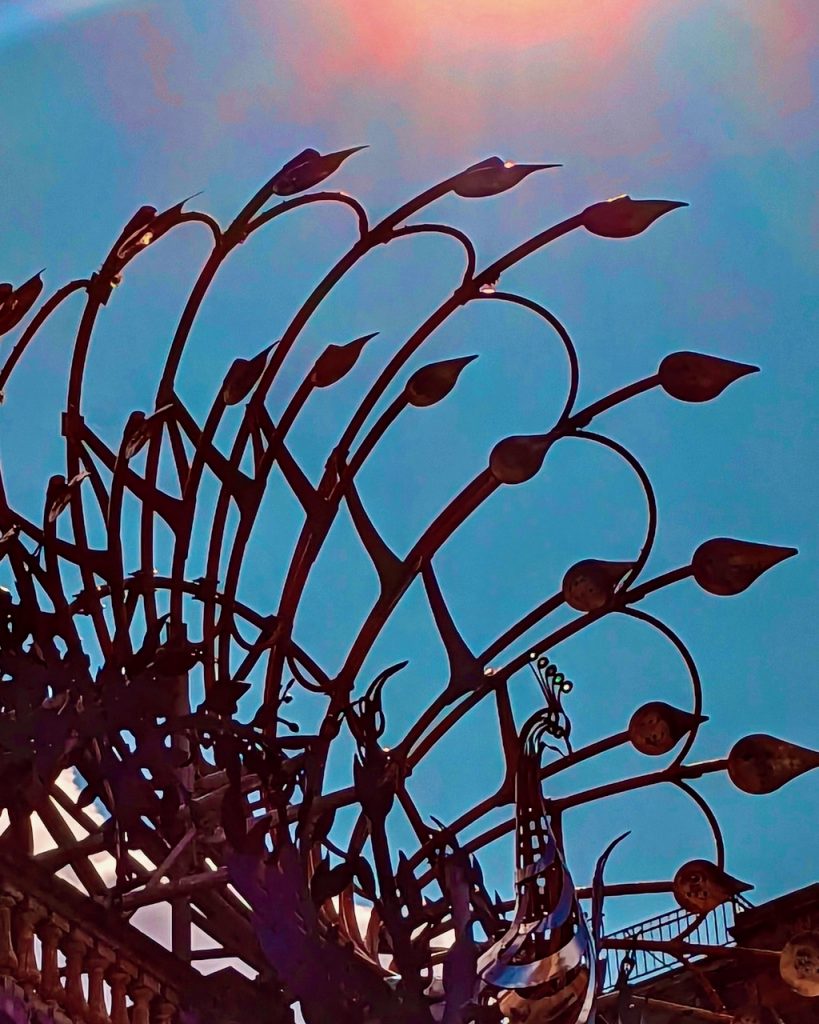
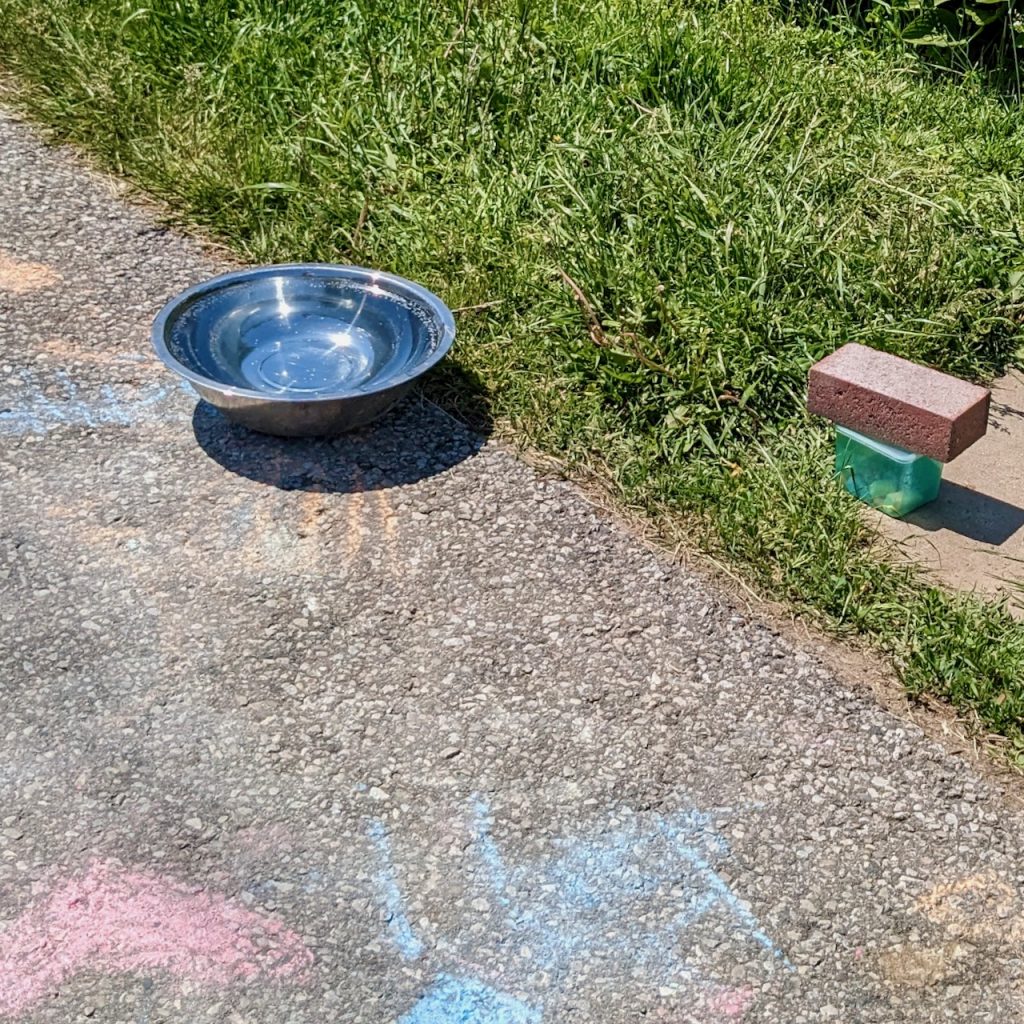
Near the back garden of a trail-adjacent home rests an invitation: give your pet a drink of water and borrow some sidewalk chalk from the green box.
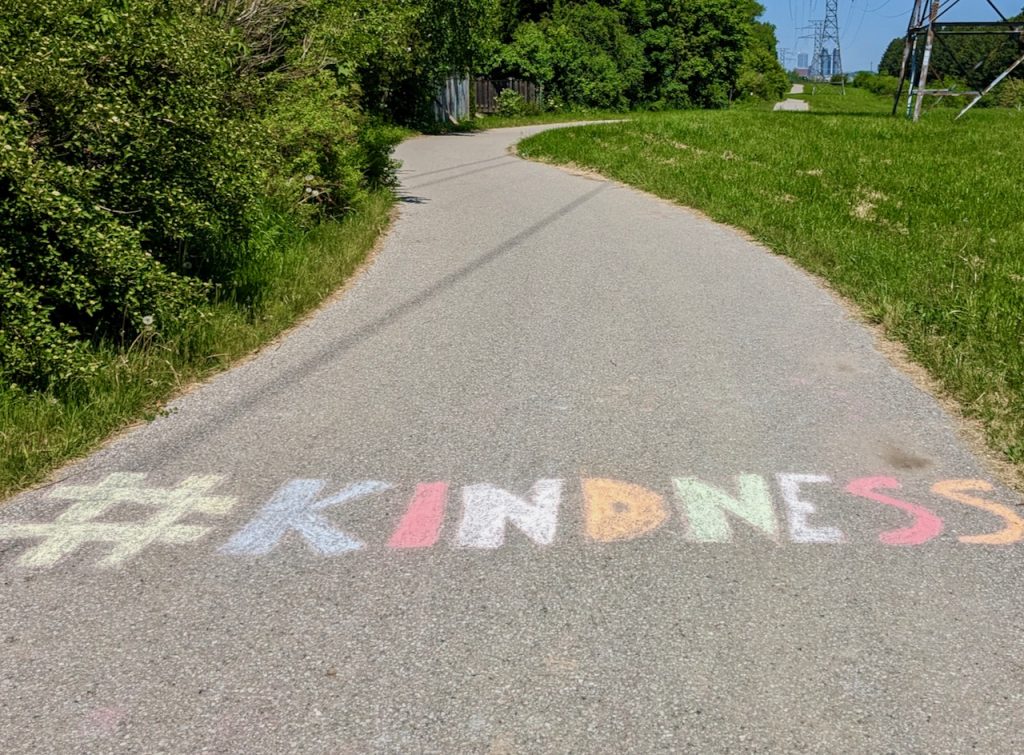
A group of young people had recently accepted the chalk invitation and left colourful words on the path to motivate the walkers, runners, and cyclists who would follow.
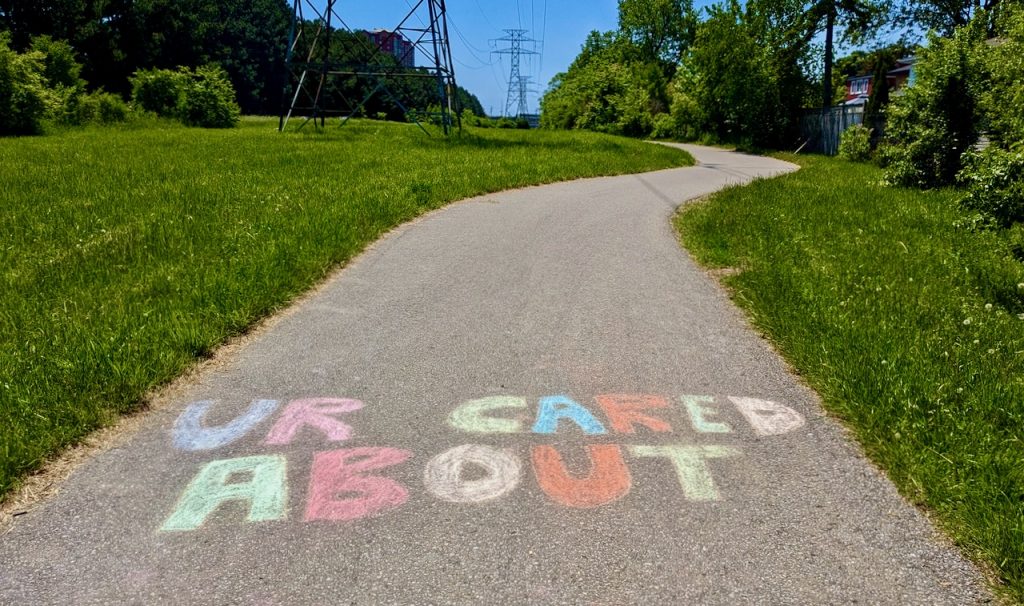
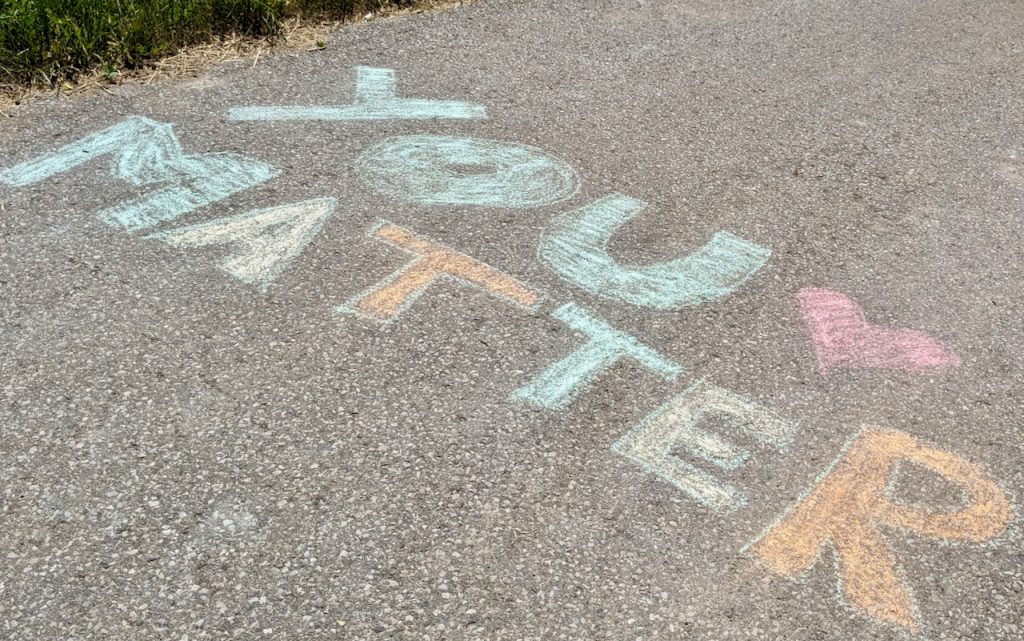
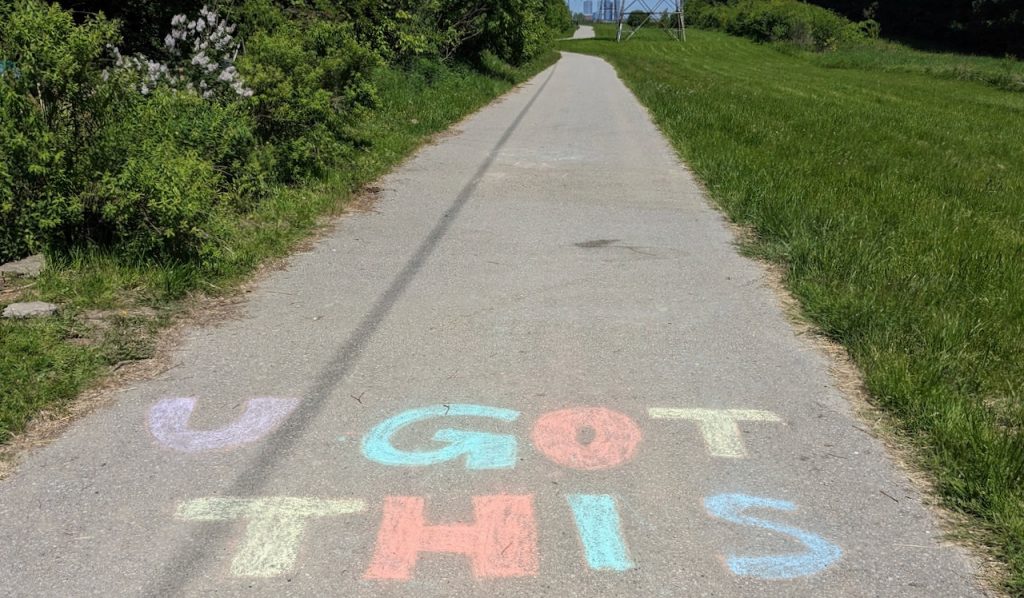
Thank you, anonymous messengers of encouragement!
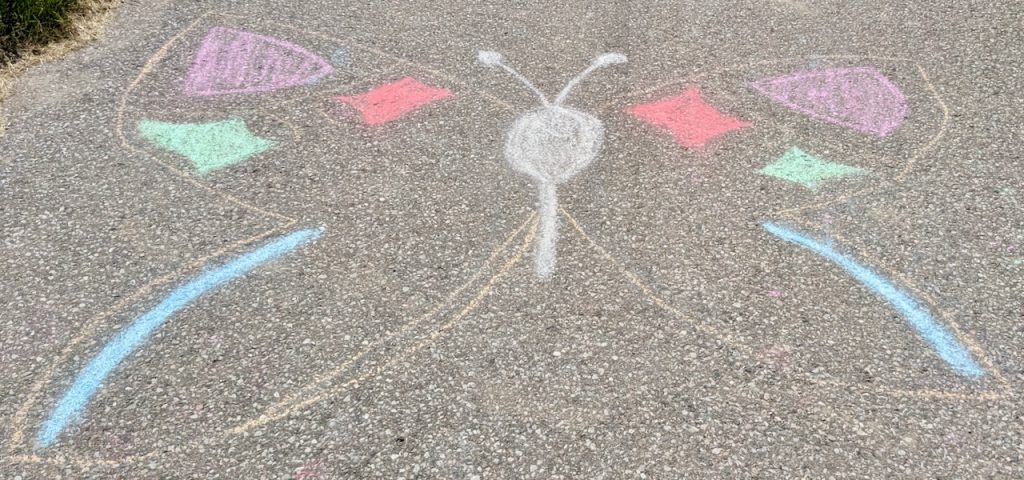
Thank you, butterfly!
And many thanks to the kind hosts who filled the silver bowl with water and offered chalk for creative expression. You brightened my walk this morning!
One fall day,
a logical gully
guides me down the slope to Highland Creek.
My steps disturb a creature
who escapes under the cover of leaves,
defining a ribbon of movement
that lifts the rustling shelter as it flees.
With anonymous grace,
the animal testifies to life unseen but more real than this poem,
fusing threads of instinct without pause.
One summer day,
I cycle home from the college on Ashtonbee Road,
thoughts distracted from the simple path
that curves by the banks of Taylor Massey Creek.
I pass a tall gathering of yellow grasses
that erupts with red winged blackbirds.
They fly straight up from the reeds,
rising in a startled mass of flapping.
Like verses that nest unknown within us,
it takes a sudden whoosh of wheels or wings
to show life at its roots, a wild relentless freshness
that we cage with fear.
One spring morning,
dark green shoots
grow from my breasts, pushing up, pushing out.
Cautiously, I tug a shoot from my left aureole
and a curly leaf unfurls in my hand.
I tug more leaves and yet more leaves,
shocked by the secret depth of my roots.
Raw soil spills over my fingers,
and one last strong yank
yields a golden onion.
My vegetable offering
hints at the body’s food, the push of streams,
breath of reeds, and the resilient moss veiled by fallen leaves.
I believe in succulent roots
that answer winter prayers of the famished
who trace patterns of desire on the waiting Earth.
